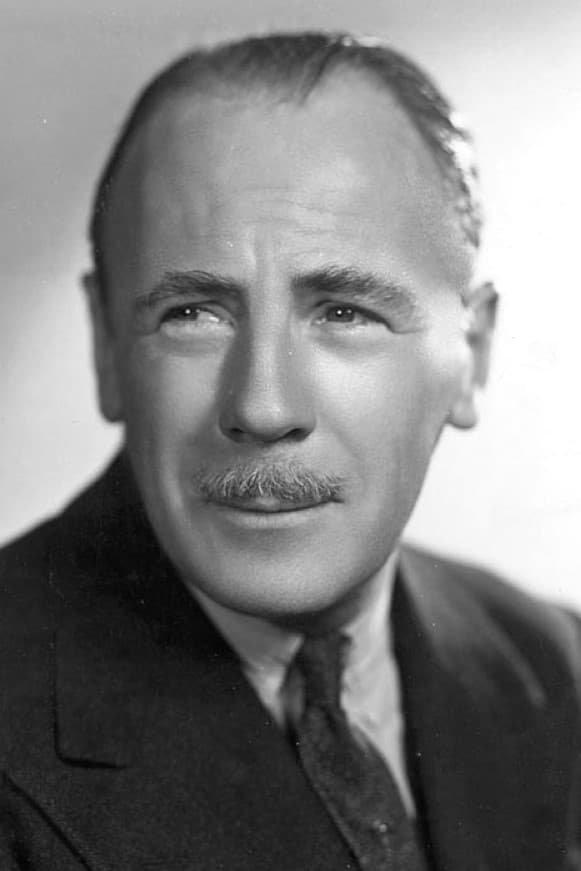
Roland Young
From Wikipedia, the free encyclopedia Roland Young (11 November 1887 – 5 June 1953) was an English actor. Young made his first stage appearance in London's West End in Find the Woman in 1908, and in 1912 he made his Broadway debut in Hindle Wakes. He appeared in two comedies written for him by Clare Kummer, Good Gracious Annabelle! (1916) and A Successful Calamity (1917) before he served with the United States Army during World War I. He returned to New York when the war ended, and married Kummer's daughter, Frances. For the next few years he alternated between New York and London. He made his film debut in the 1922 silent film Sherlock Holmes, in which he played Watson opposite John Barrymore as Holmes. He signed a contract with Metro-Goldwyn-Mayer and made his talkie debut in The Unholy Night (1929), directed by Lionel Barrymore. He was loaned to Warner Bros. to appear in Her Private Life, with Billie Dove and Fox Film Corporation, winning critical approval for his comedic performance as Jeanette MacDonald's husband in Don't Bet on a Woman. He was again paired with MacDonald in the film version of Good Gracious Annabelle!, titled Annabelle's Affairs. He appeared in Cecil B. de Mille's The Squaw Man, and played opposite Alfred Lunt and Lynn Fontanne in The Guardsman (both 1931). He appeared with Evelyn Brent in Columbia's The Pagan Lady (1932) and Pola Negri in RKO's A Woman Commands (1932). His final film under his MGM contract was Lovers Courageous (1932), opposite Robert Montgomery. In 1933 he had a starring role in the risqué comedy for Fox Film called Pleasure Cruise along side Genevieve Tobin. Young began to work as a freelance performer and found himself in constant demand. He appeared with Jeanette MacDonald, Genevieve Tobin and Maurice Chevalier in One Hour With You (1932) and with Kay Francis in Street of Women (1932). Alexander Korda invited him to return to Britain to make his British film debut in Wedding Rehearsal (1932). He returned to Hollywood and appeared in a diverse group of films that included comedies, murder mysteries, and dramas, and also worked on Broadway. Among his films of this period were Ruggles of Red Gap (1935), David Copperfield (1935) (playing Uriah Heep), and the H.G. Wells fantasy The Man Who Could Work Miracles (1936). In 1937, he achieved one of the most important successes of his career in Topper, as a bank president haunted by the ghosts of his clients, played by Cary Grant and Constance Bennett. It was one of the most successful films of the year, and Young was nominated for the Academy Award for Best Supporting Actor. Topper's wife was played by Billie Burke, who wrote in her memoir that Young "was dry and always fun to work with". They also appeared together in The Young in Heart (1938), and both of the Topper sequels, Topper Takes a Trip (1938) and Topper Returns (1941). He continued working steadily through the 1940s, playing small roles opposite some of Hollywood's leading actresses, such as Joan Crawford, Marlene Dietrich, Paulette Goddard and Greta Garbo in her final film, Two-Faced Woman (1941). In the 1950s, Young appeared on several episodic television series, including Lux Video Theatre, Studio One, Pulitzer Prize Playhouse and The Chevrolet Tele-Theatre.

The Philadelphia Story
(Uncle Willie)
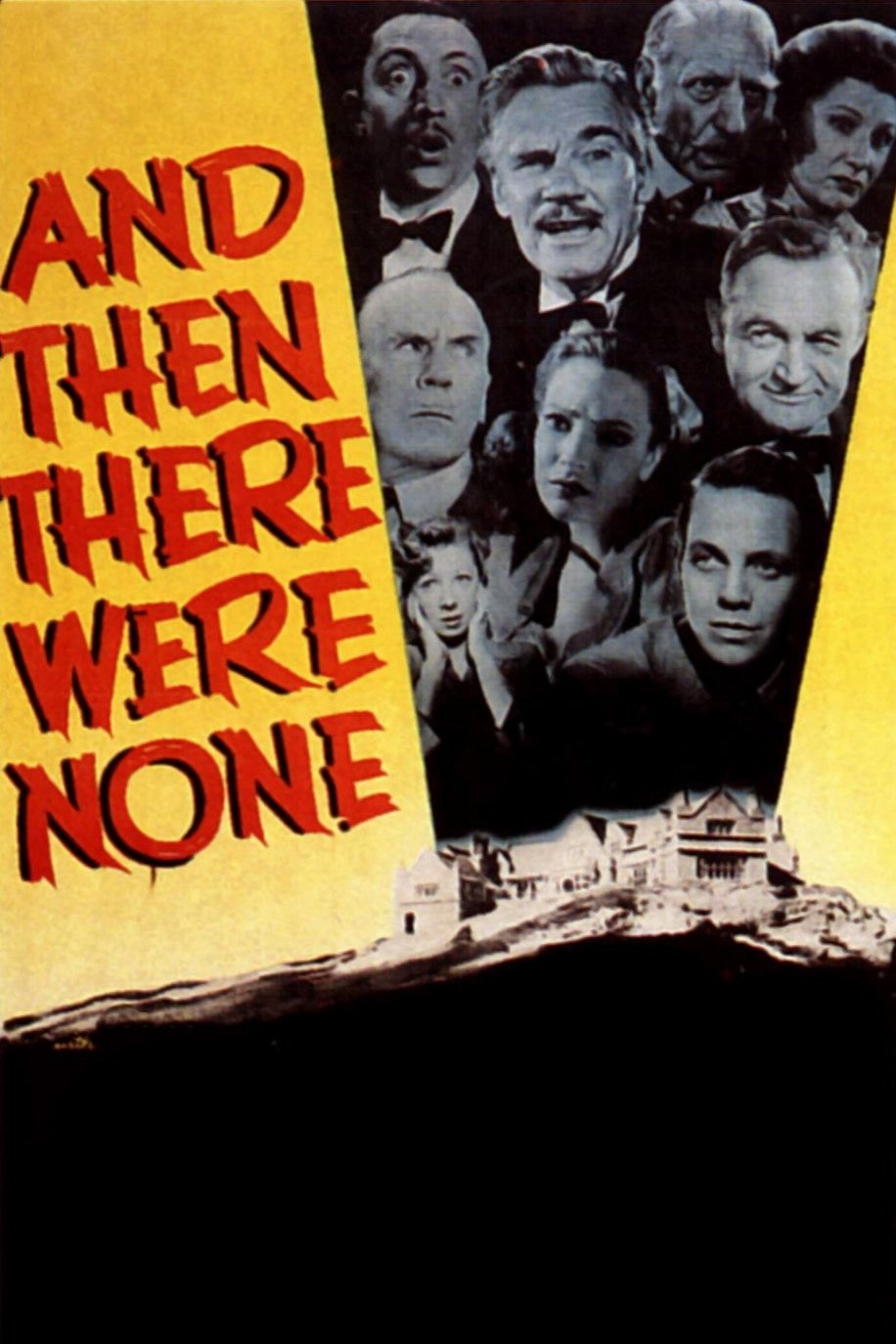
And Then There Were None
(William Blore)
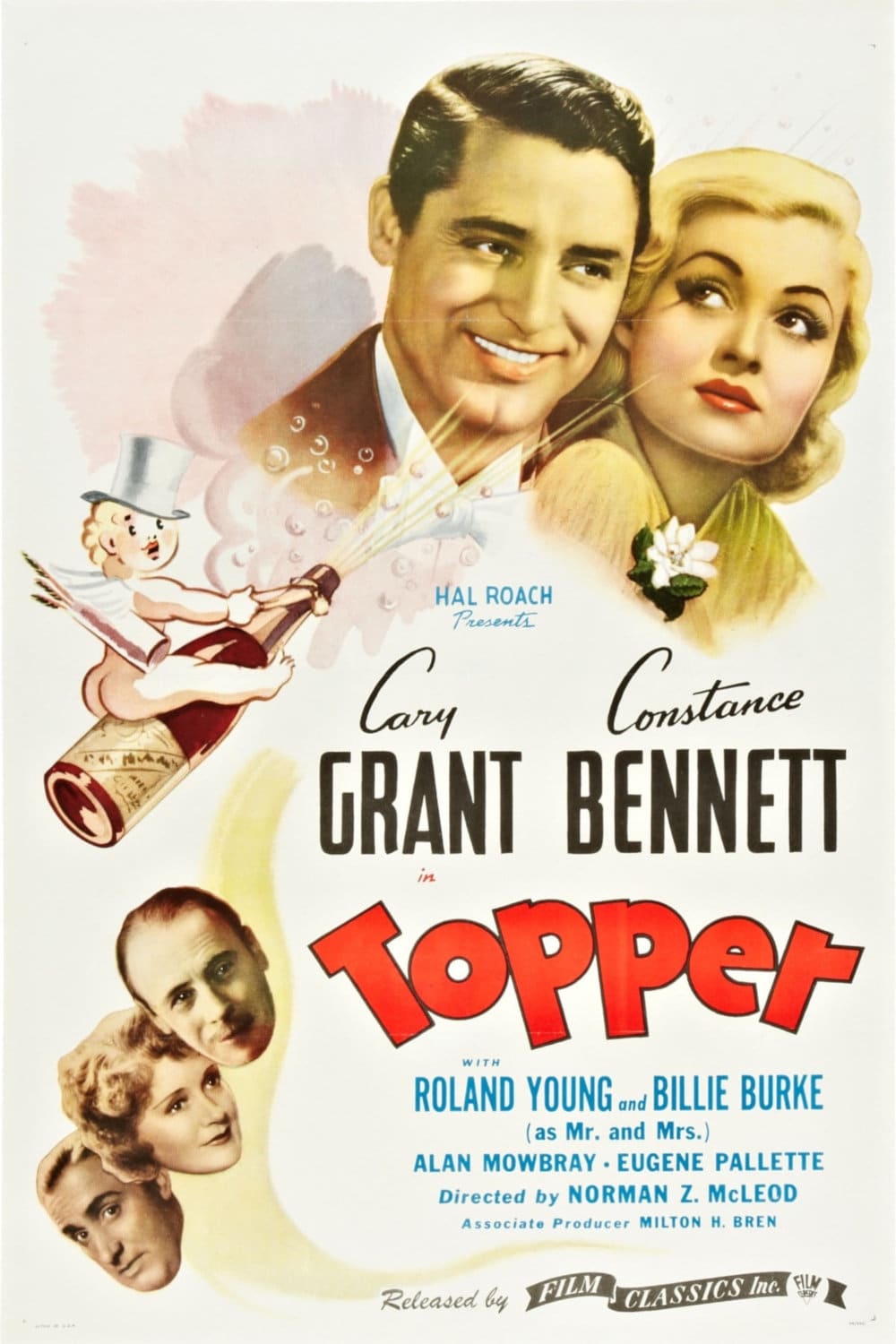
Topper
(Cosmo Topper)
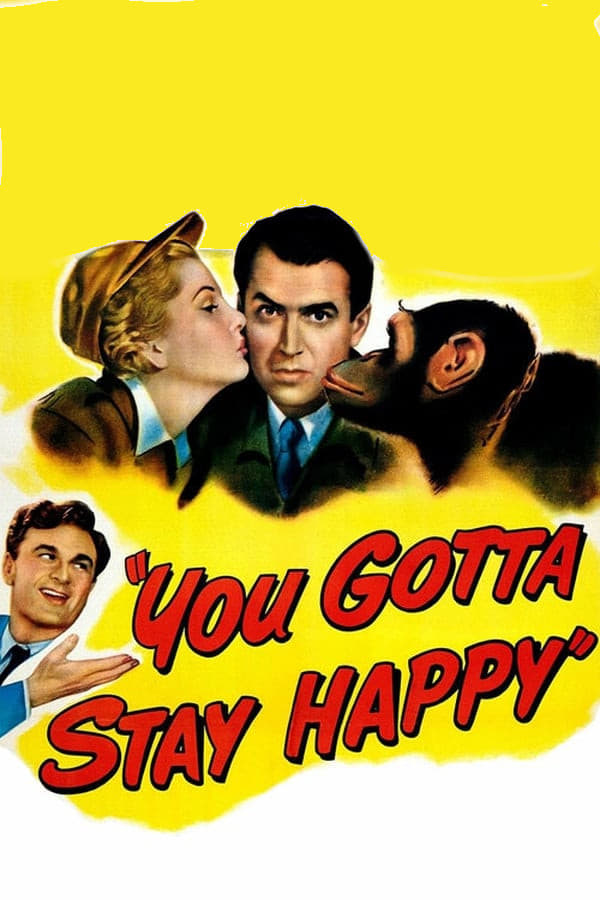
You Gotta Stay Happy
(Ralph Tutwiler)
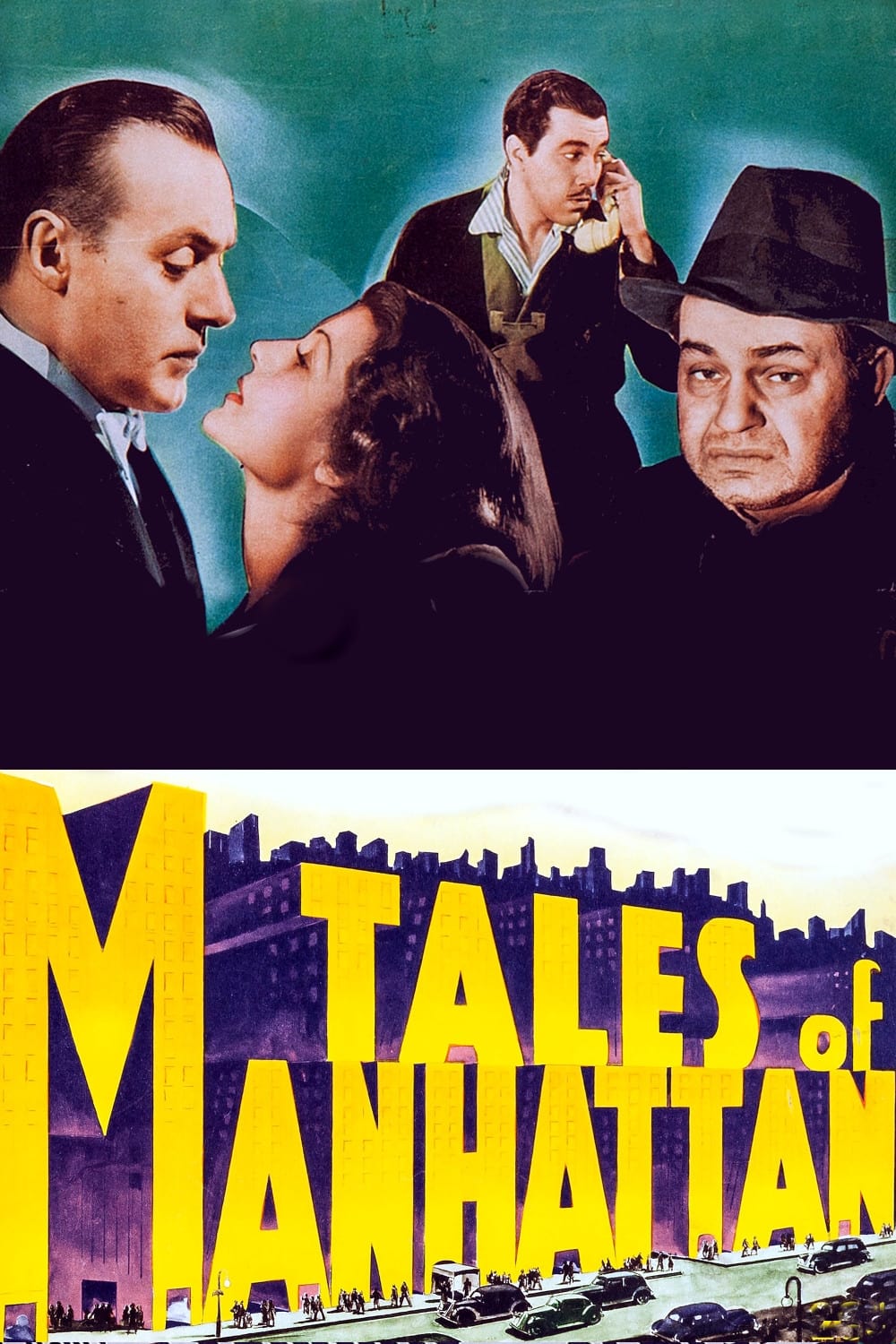
Tales of Manhattan
(Edgar)
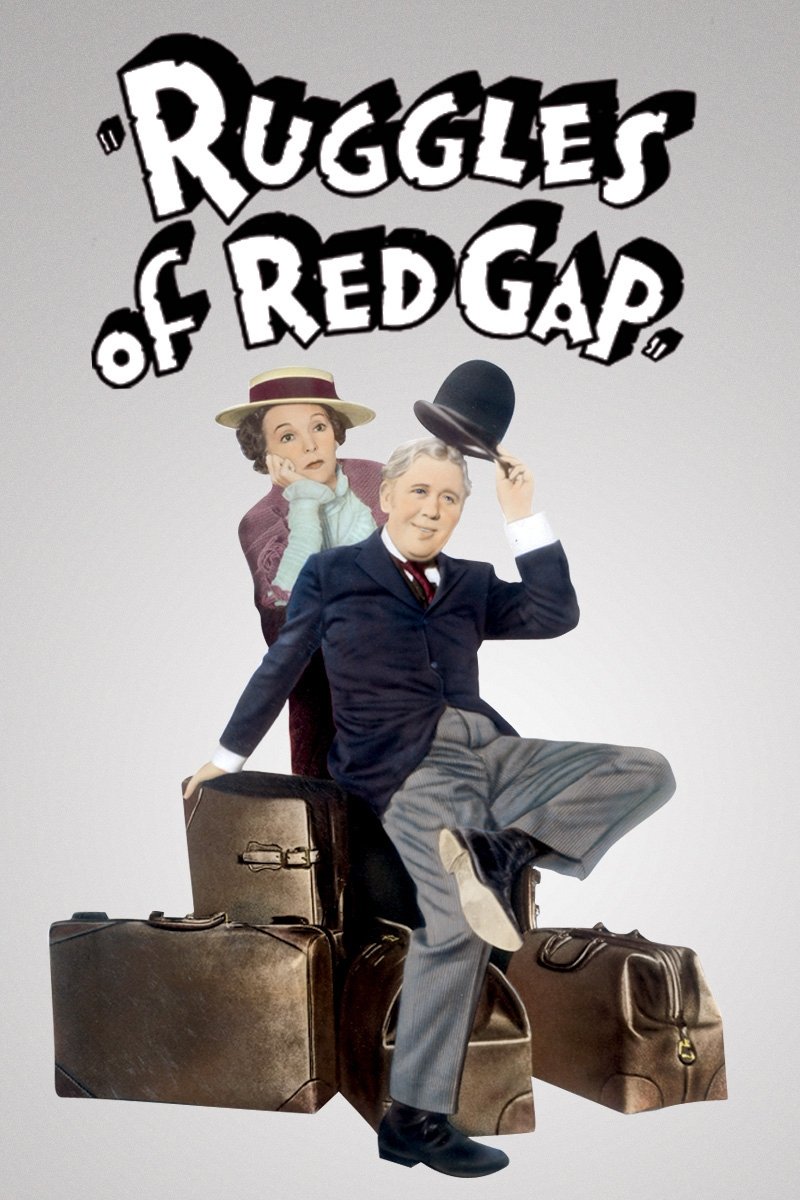
Ruggles of Red Gap
(Earl of Burnstead)
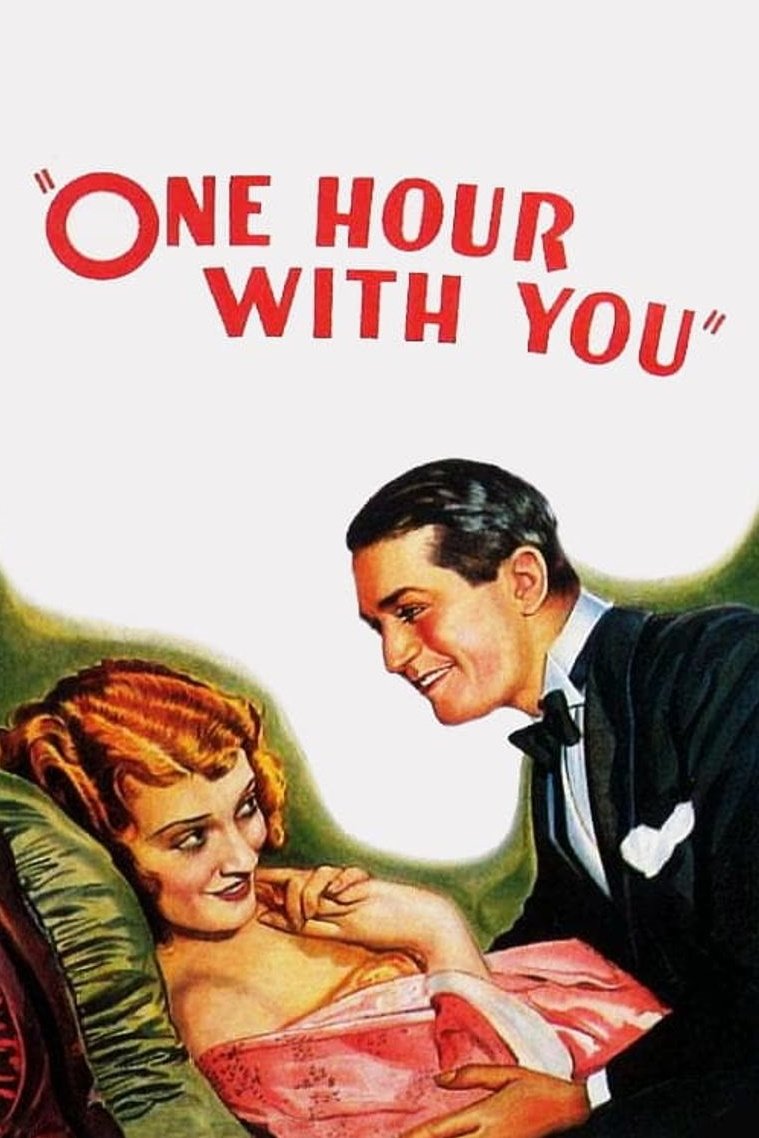
One Hour with You
(Professor Olivier)
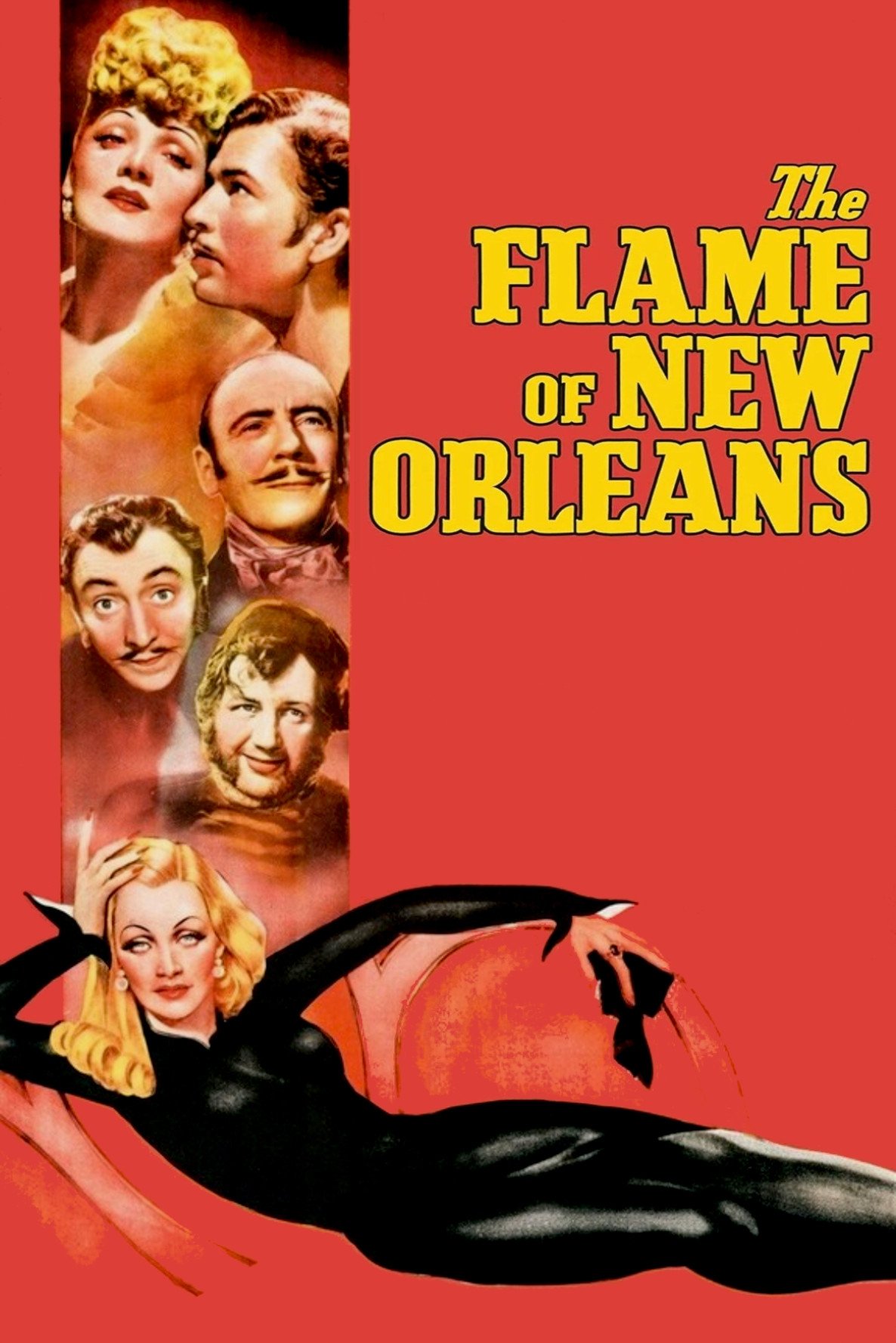
The Flame of New Orleans
(Charles Giraud)
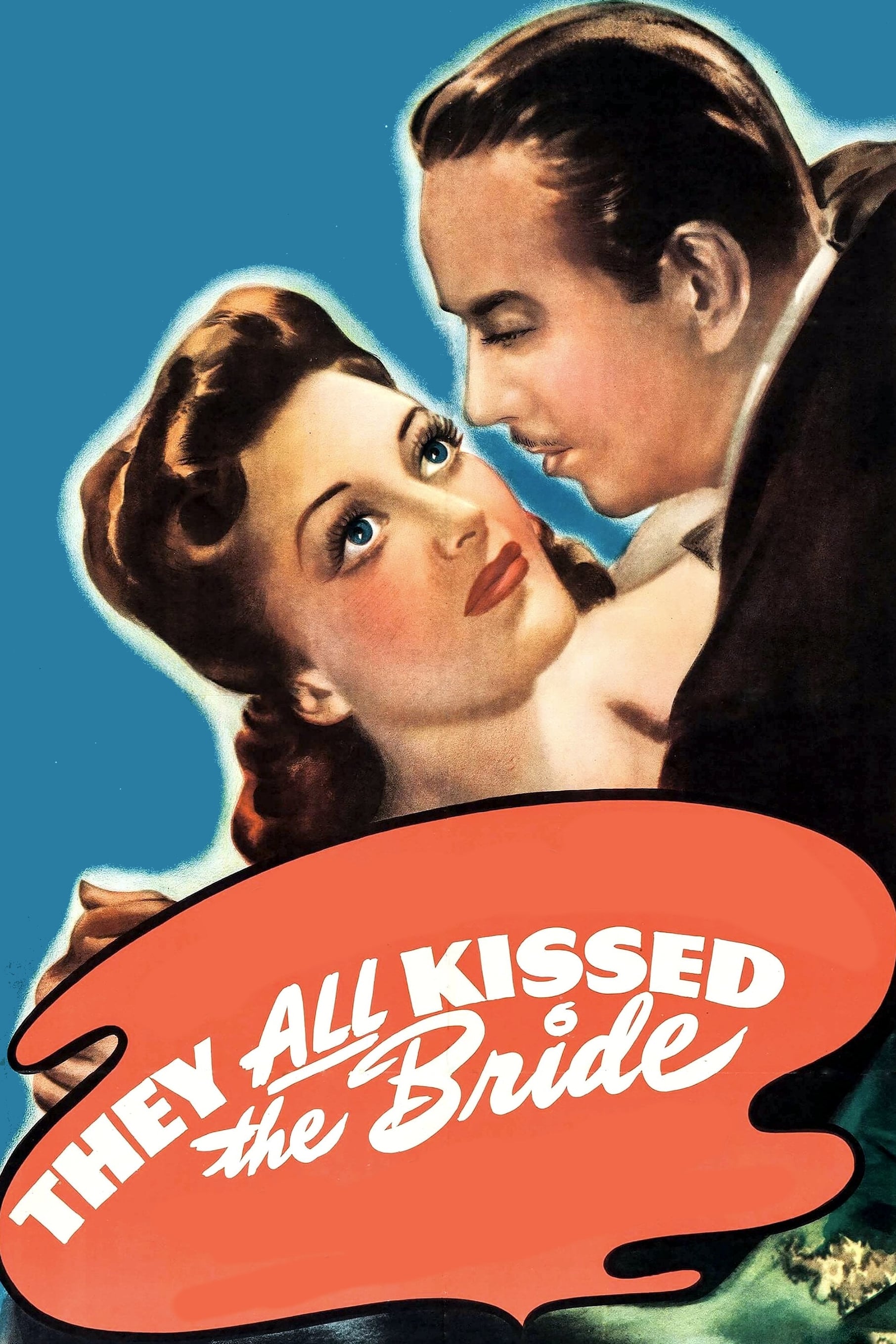
They All Kissed the Bride
(Marsh)

King Solomon's Mines
(Cmdr. John Good)
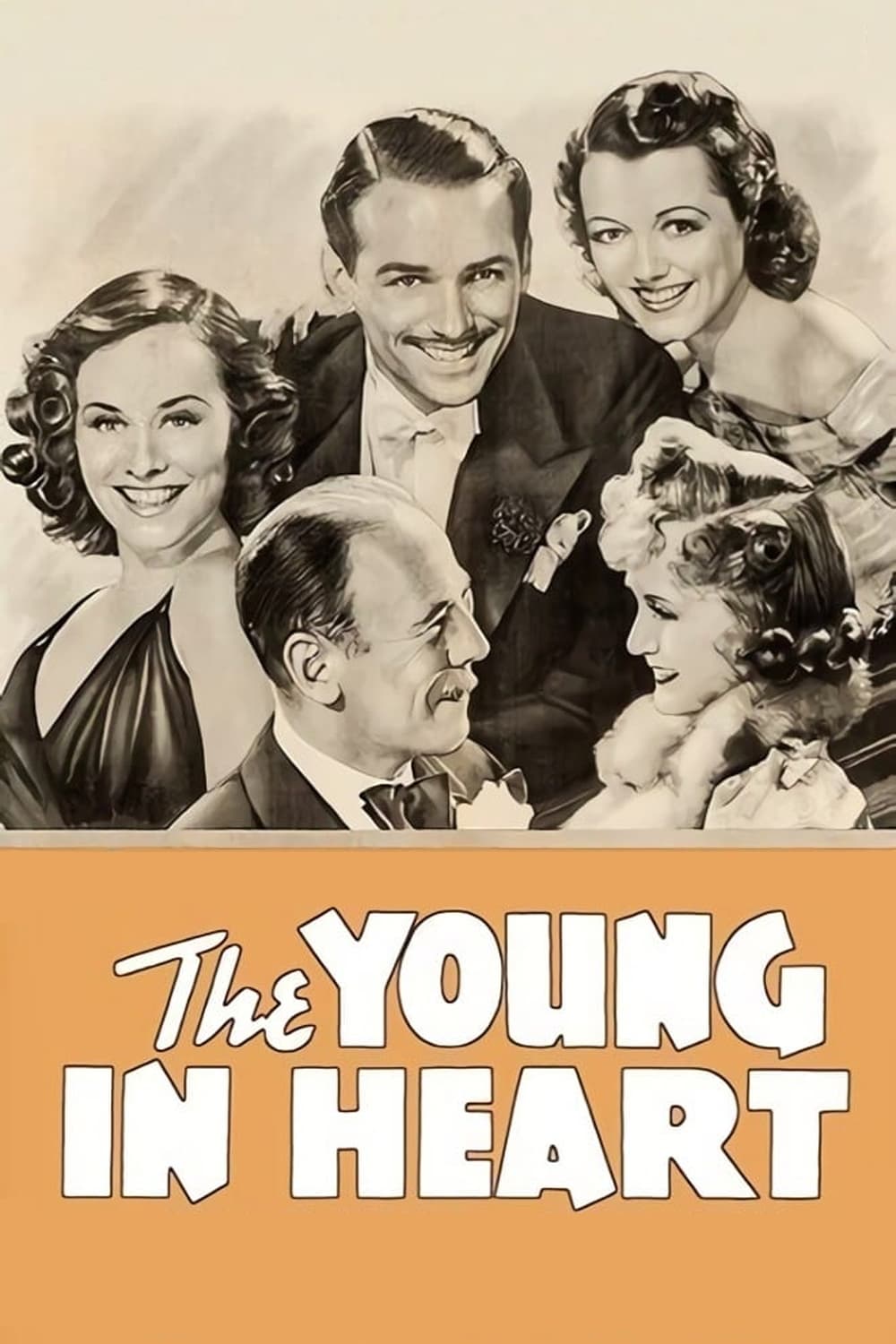
The Young in Heart
(Col. Anthony 'Sahib' Carleton)
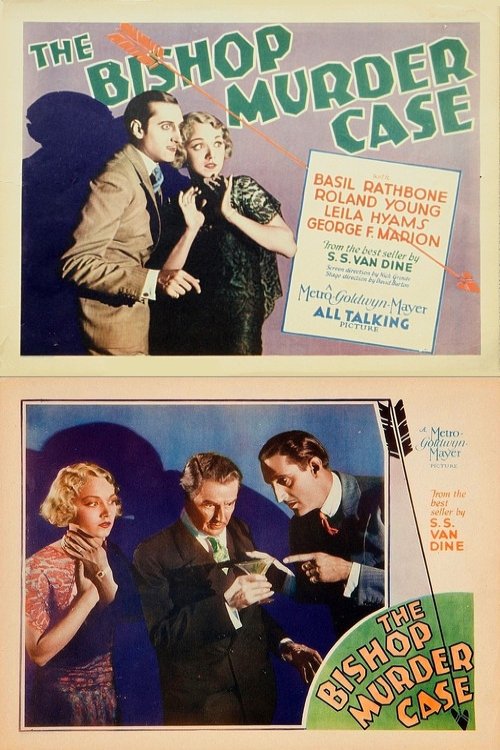
The Bishop Murder Case
(Sigurd 'Erik' Arnesson)
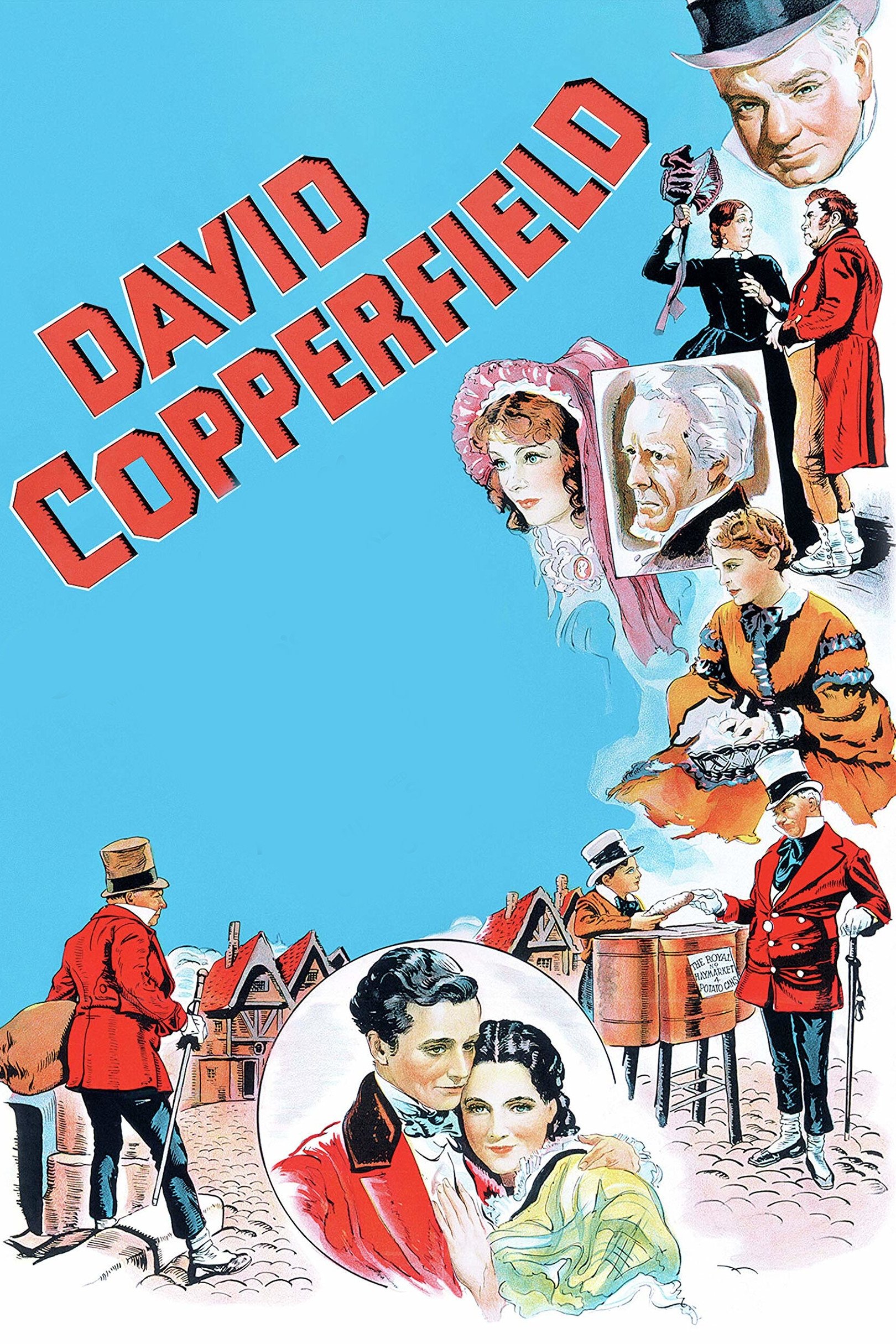
David Copperfield
(Uriah Heep)
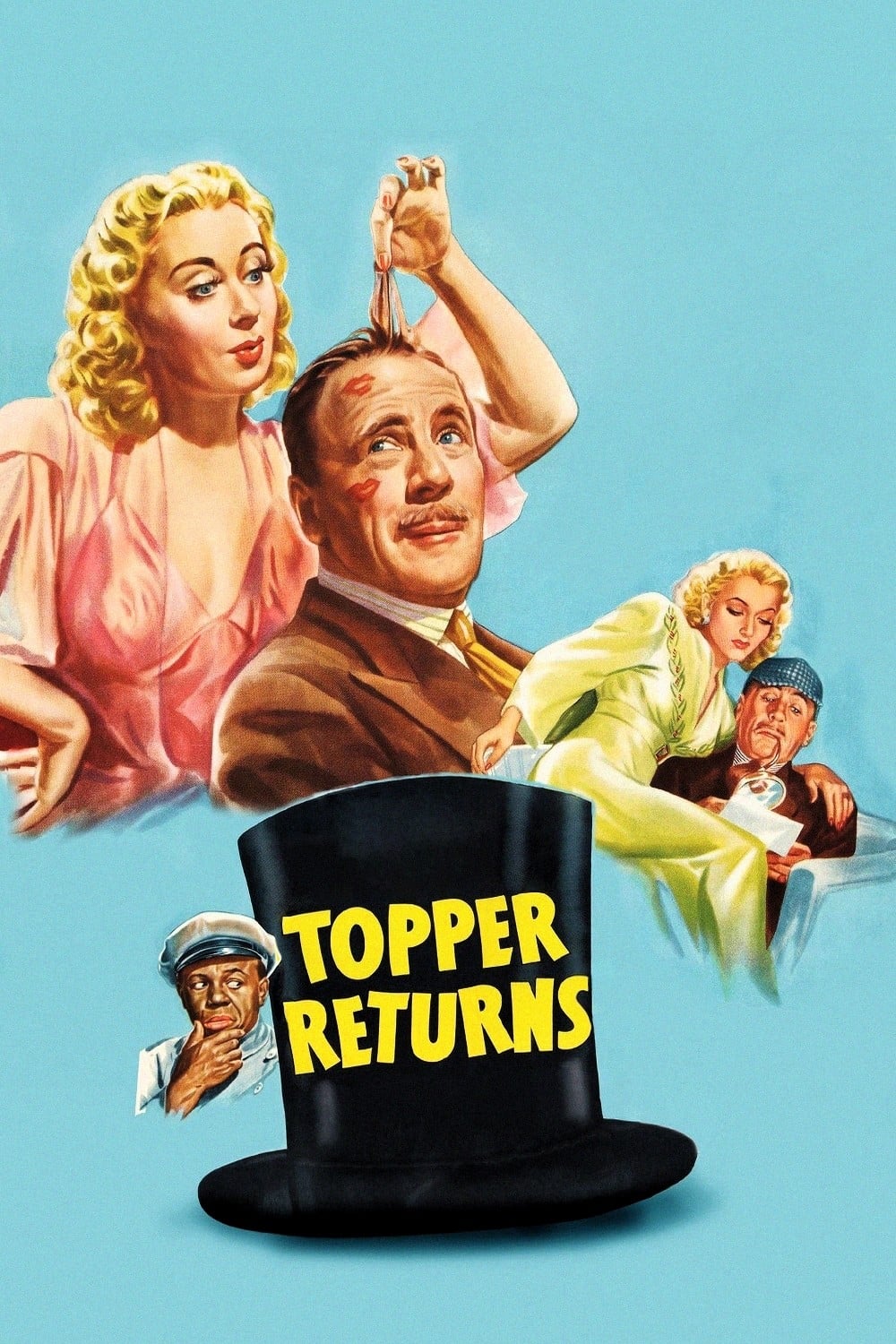
Topper Returns
(Cosmo Topper)

The Man Who Could Work Miracles
(George McWhirter Fotheringay)
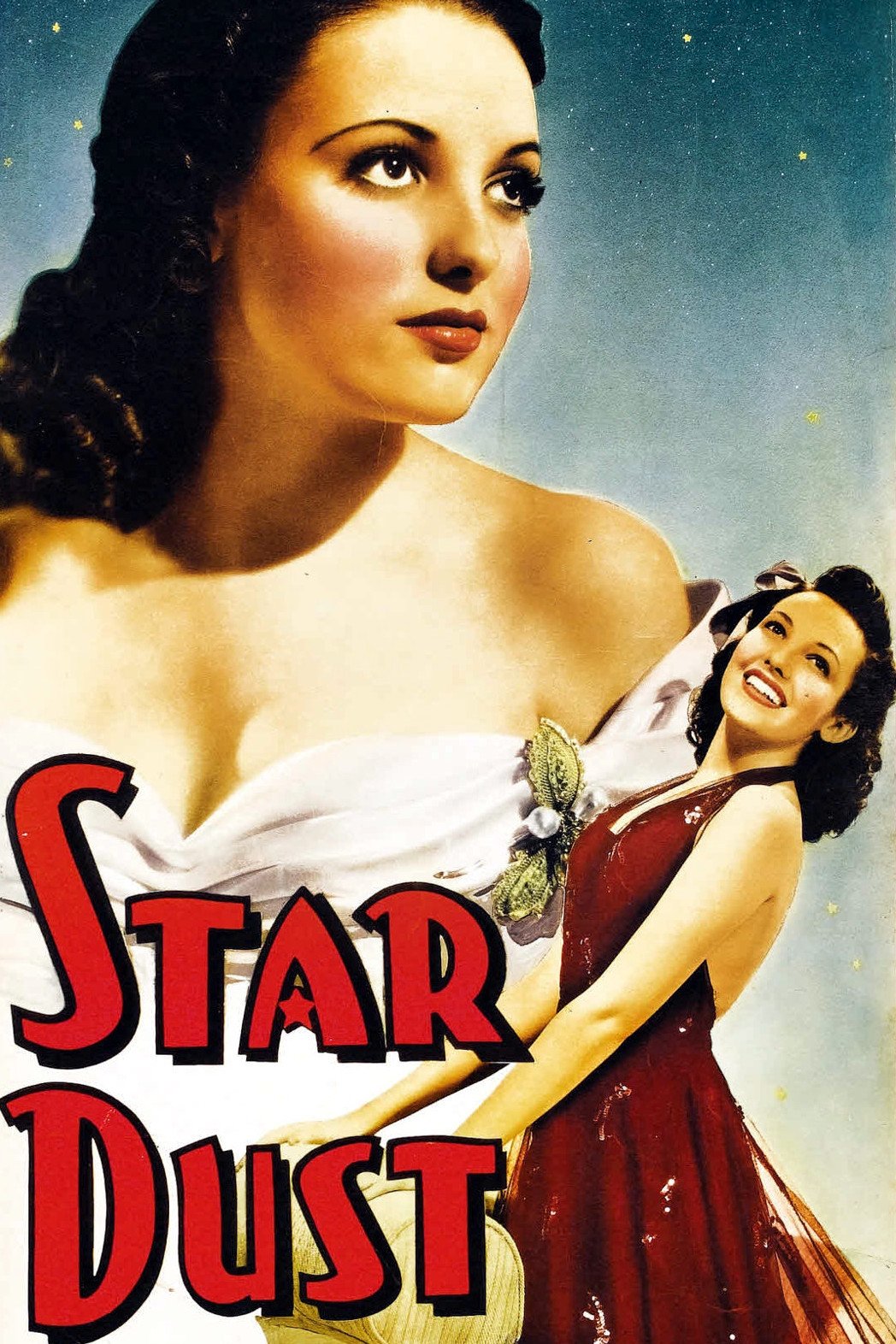
Star Dust
(Thomas Brooke)
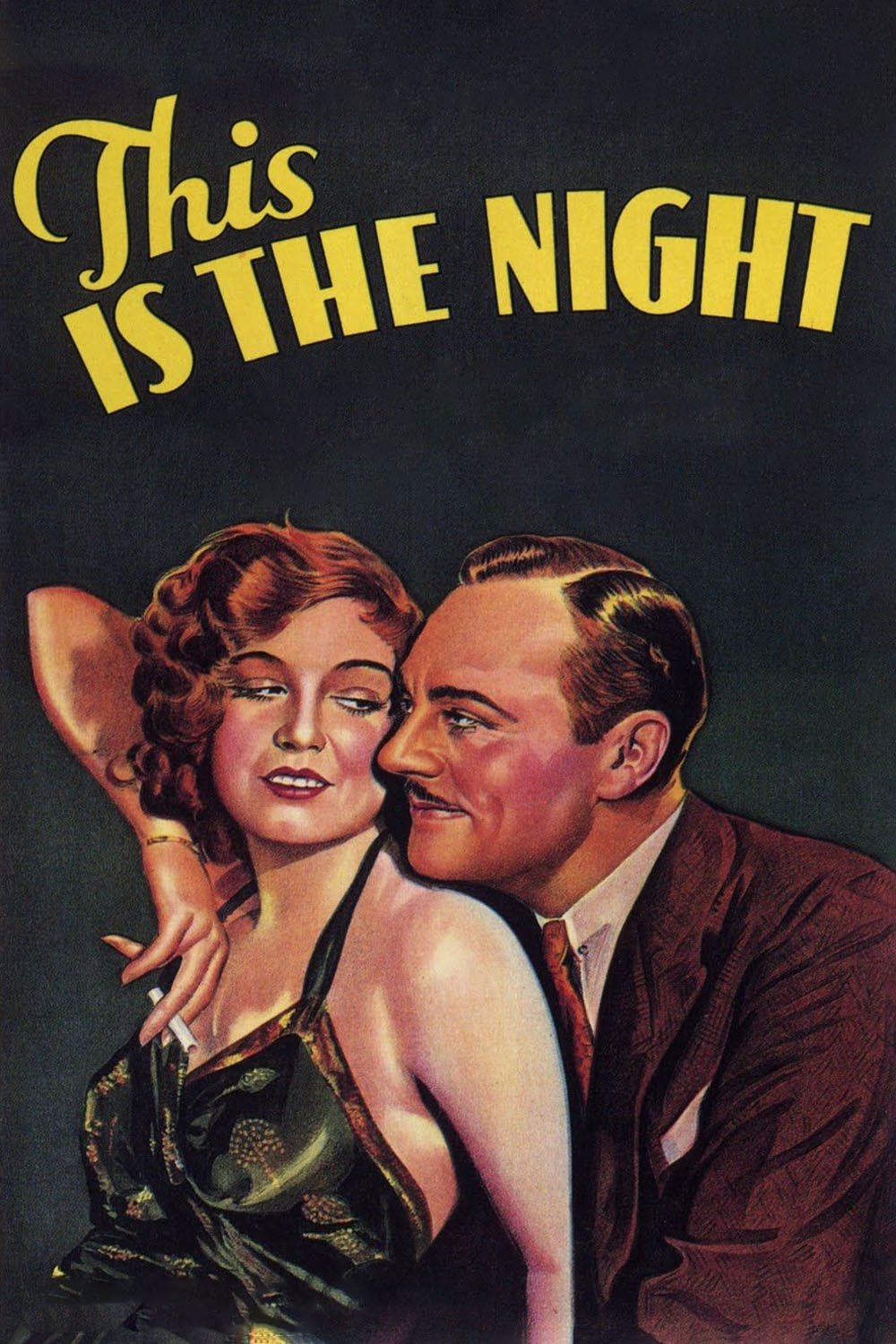
This Is the Night
(Gerald Gray)
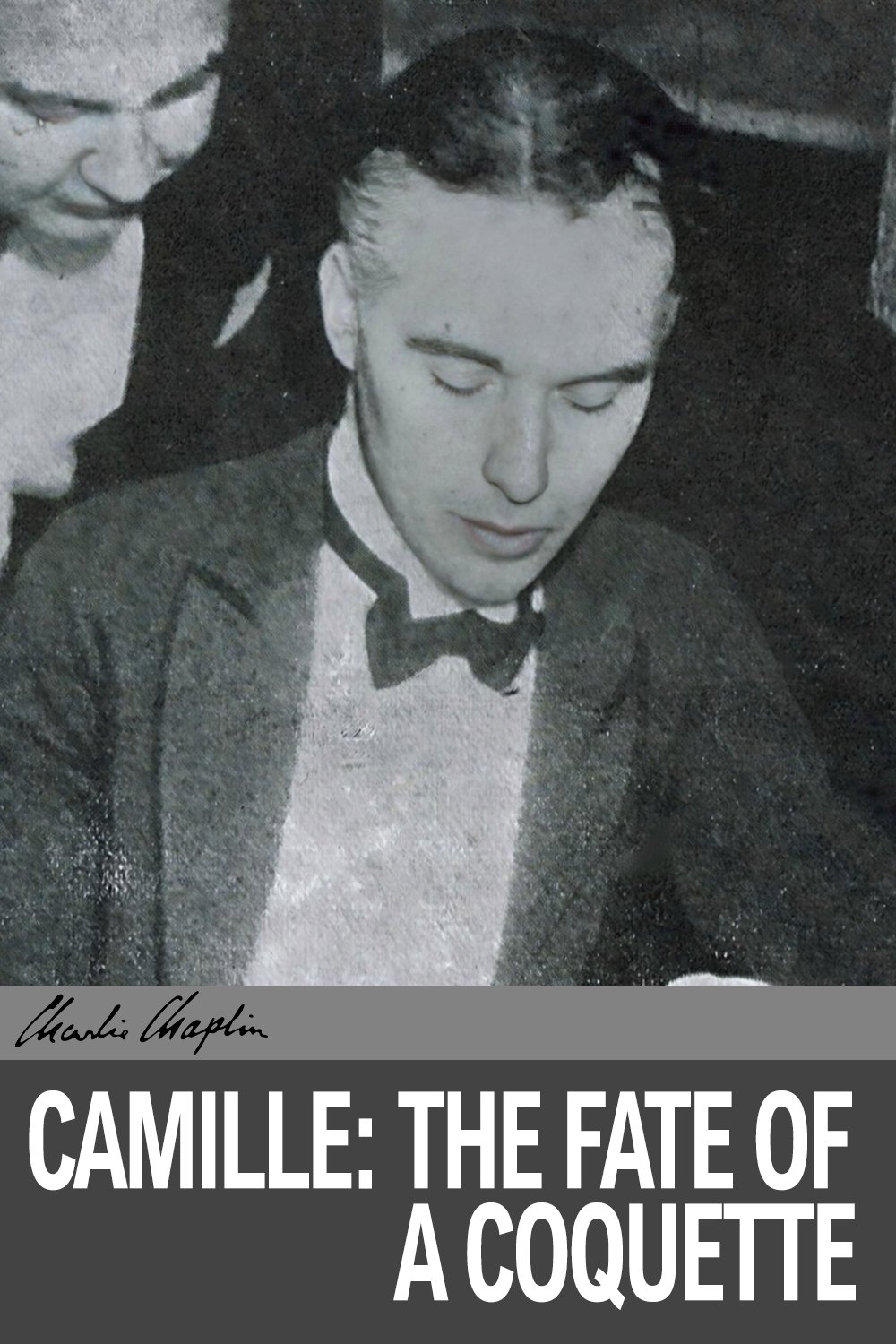
Camille: The Fate of a Coquette
(Lord Kyne)
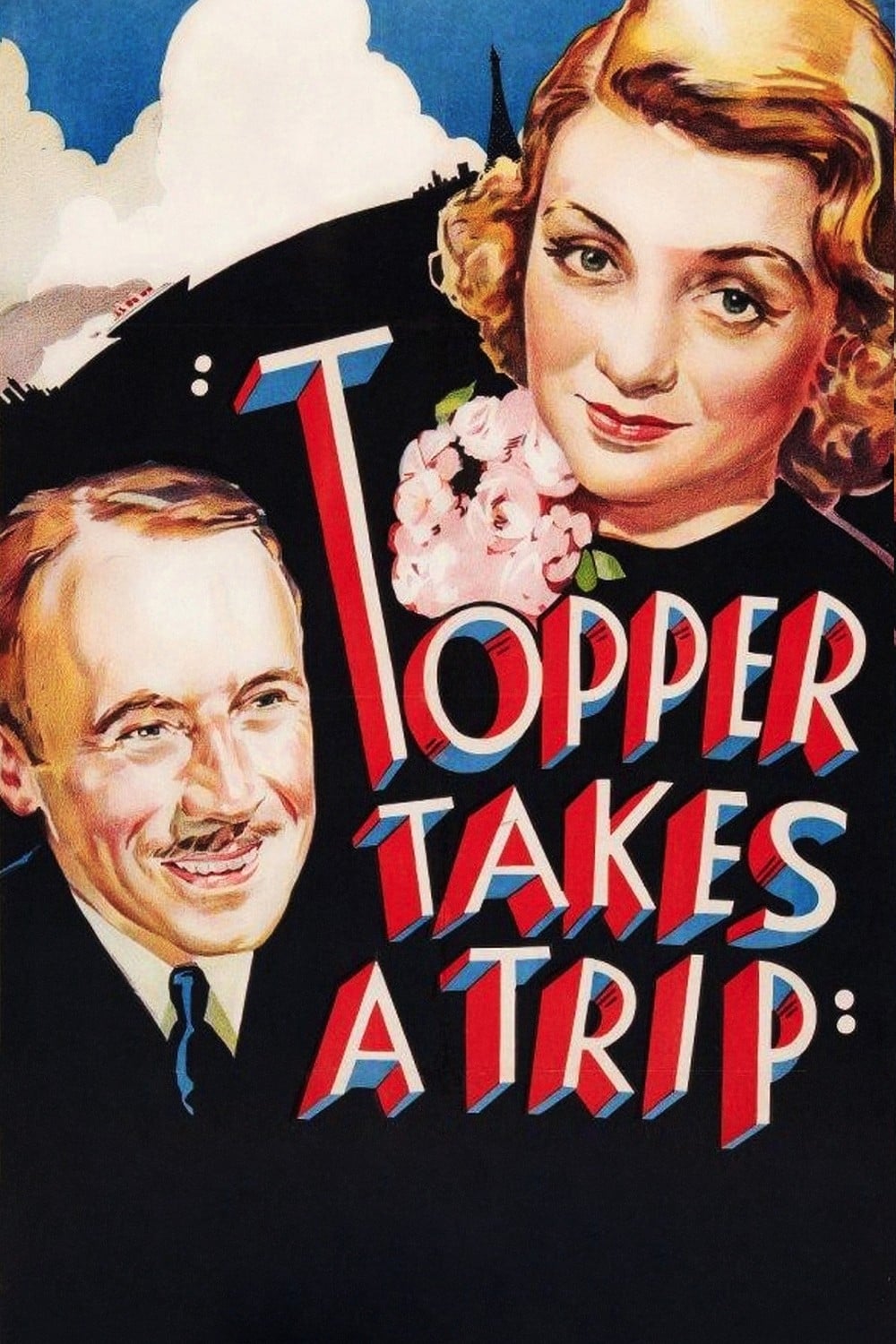
Topper Takes a Trip
(Cosmo Topper)
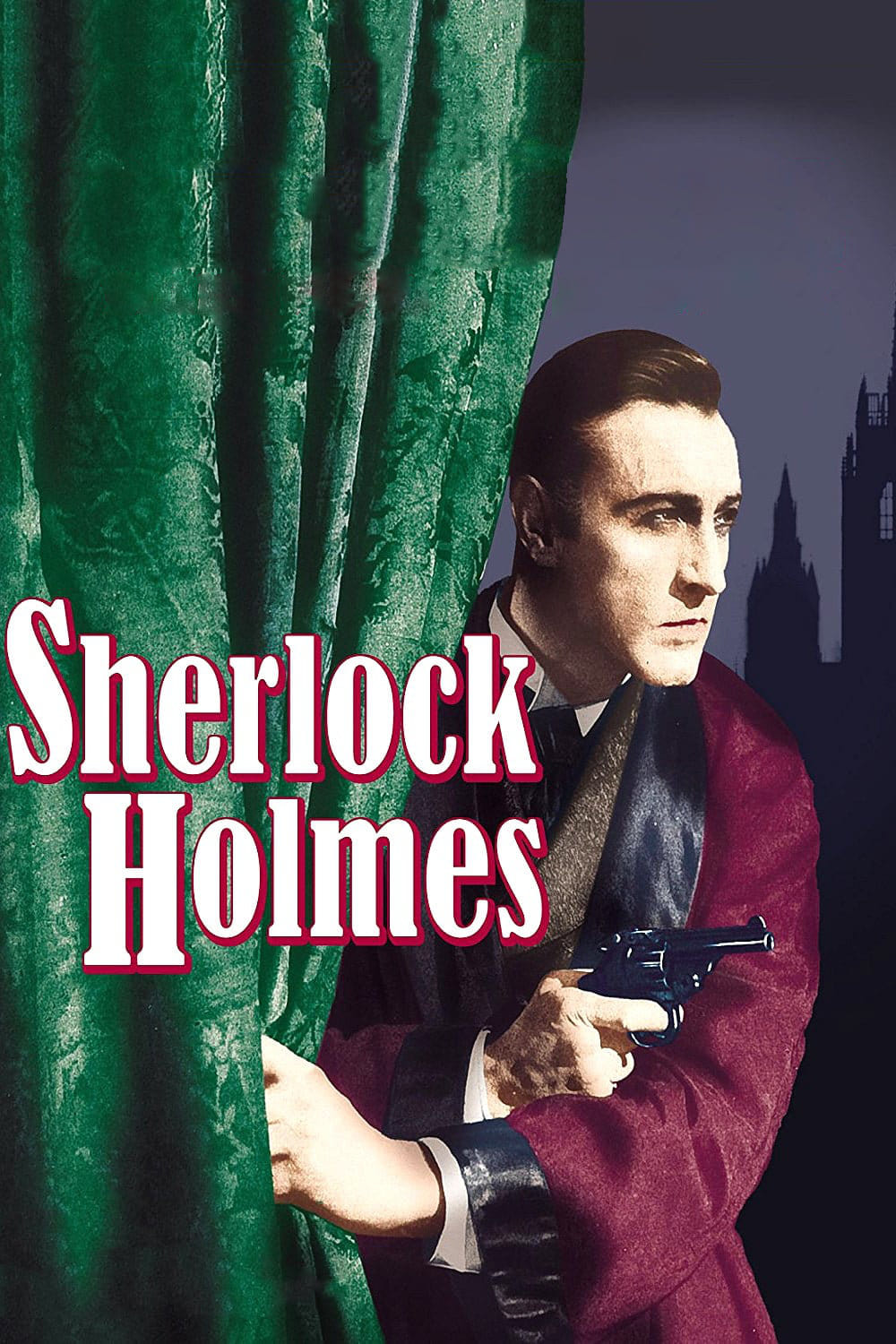
Sherlock Holmes
(Dr. Watson)
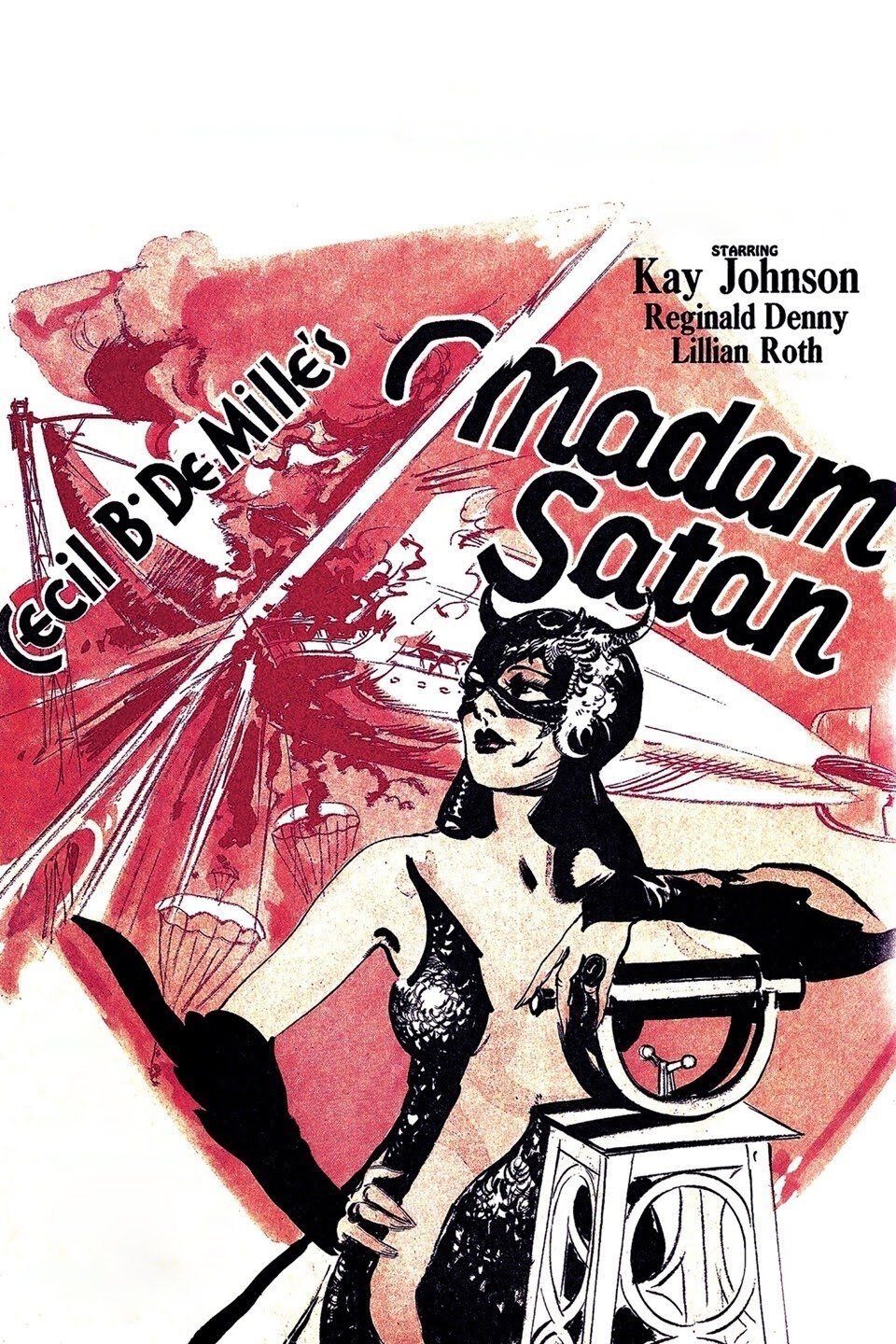
Madam Satan
(Jimmy Wade)

A Lady's Profession
(Lord Reginald Withers)
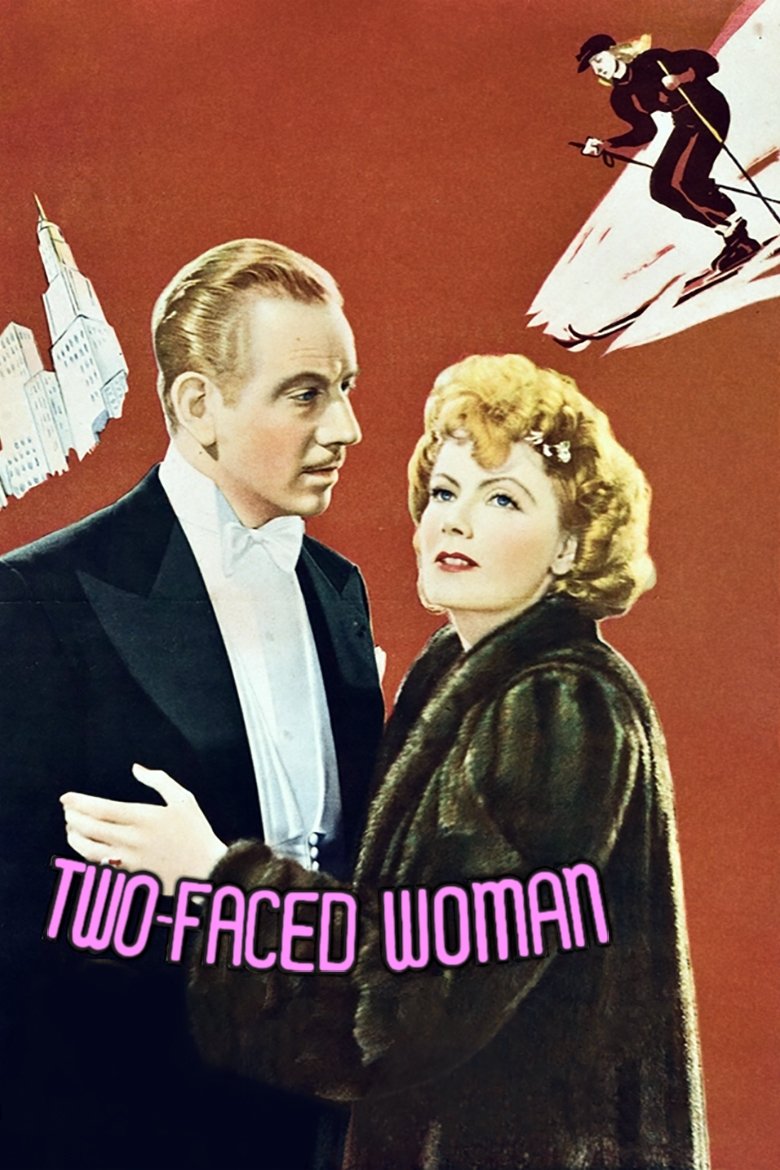
Two-Faced Woman
(Oscar 'O.O.' Miller)
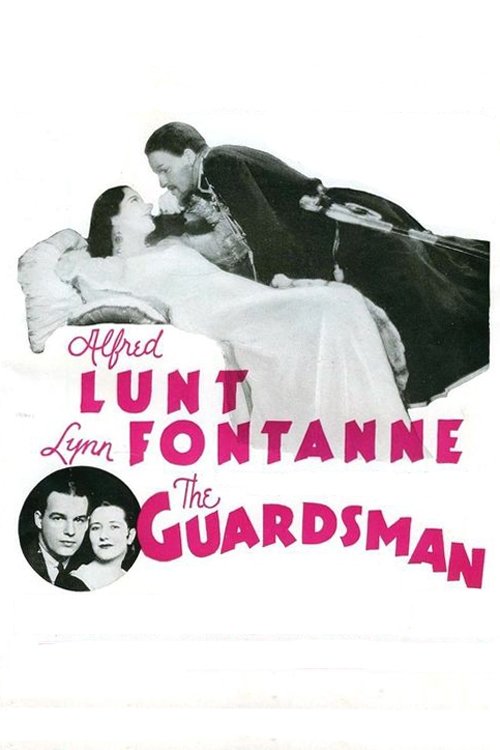
The Guardsman
(The Critic)
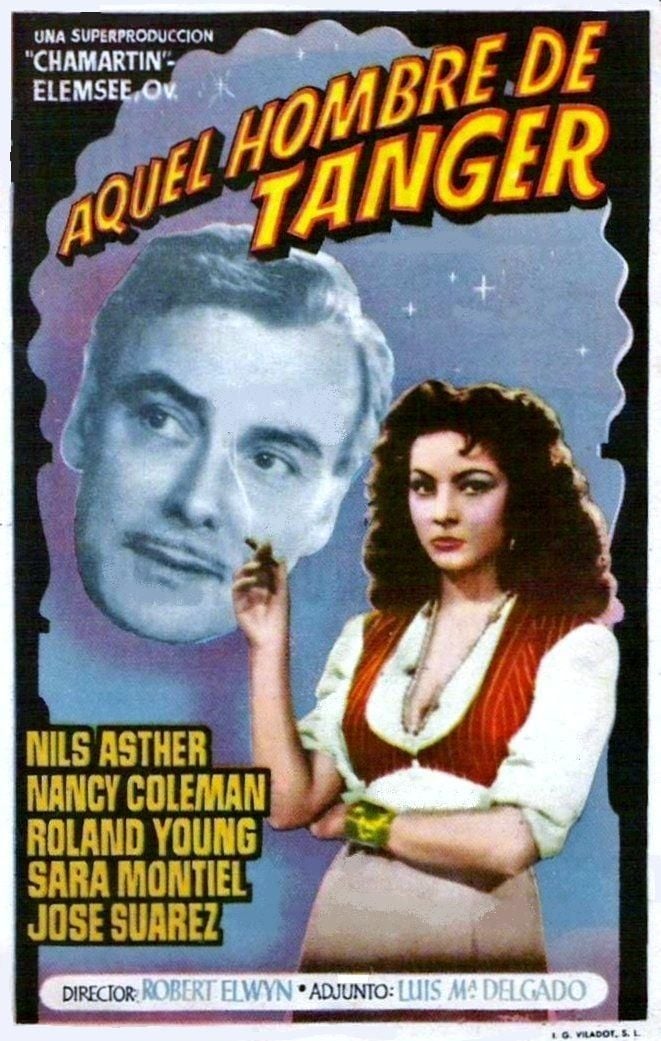
That Man from Tangier
(George)
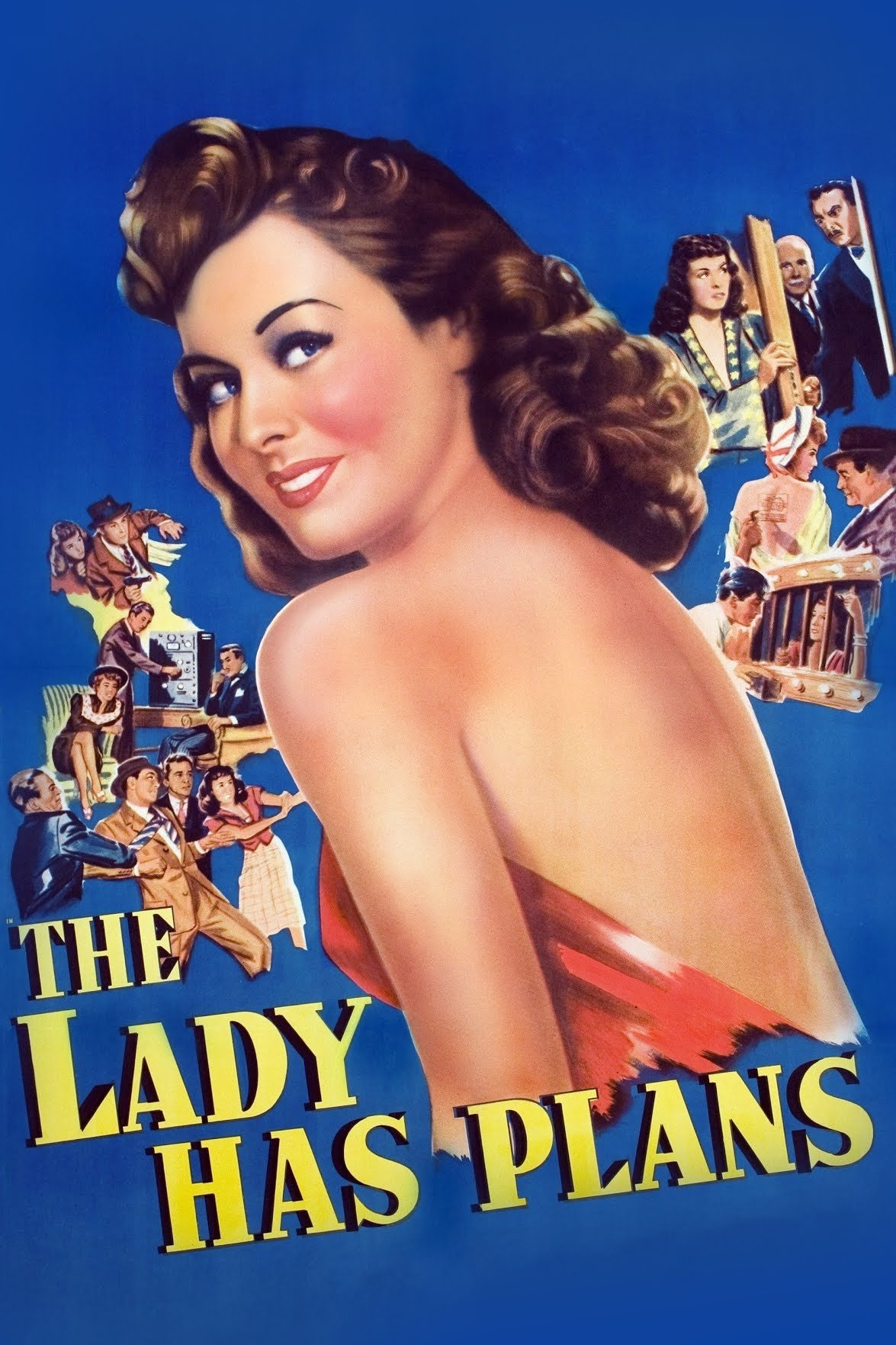
The Lady Has Plans
(Ronald Dean)
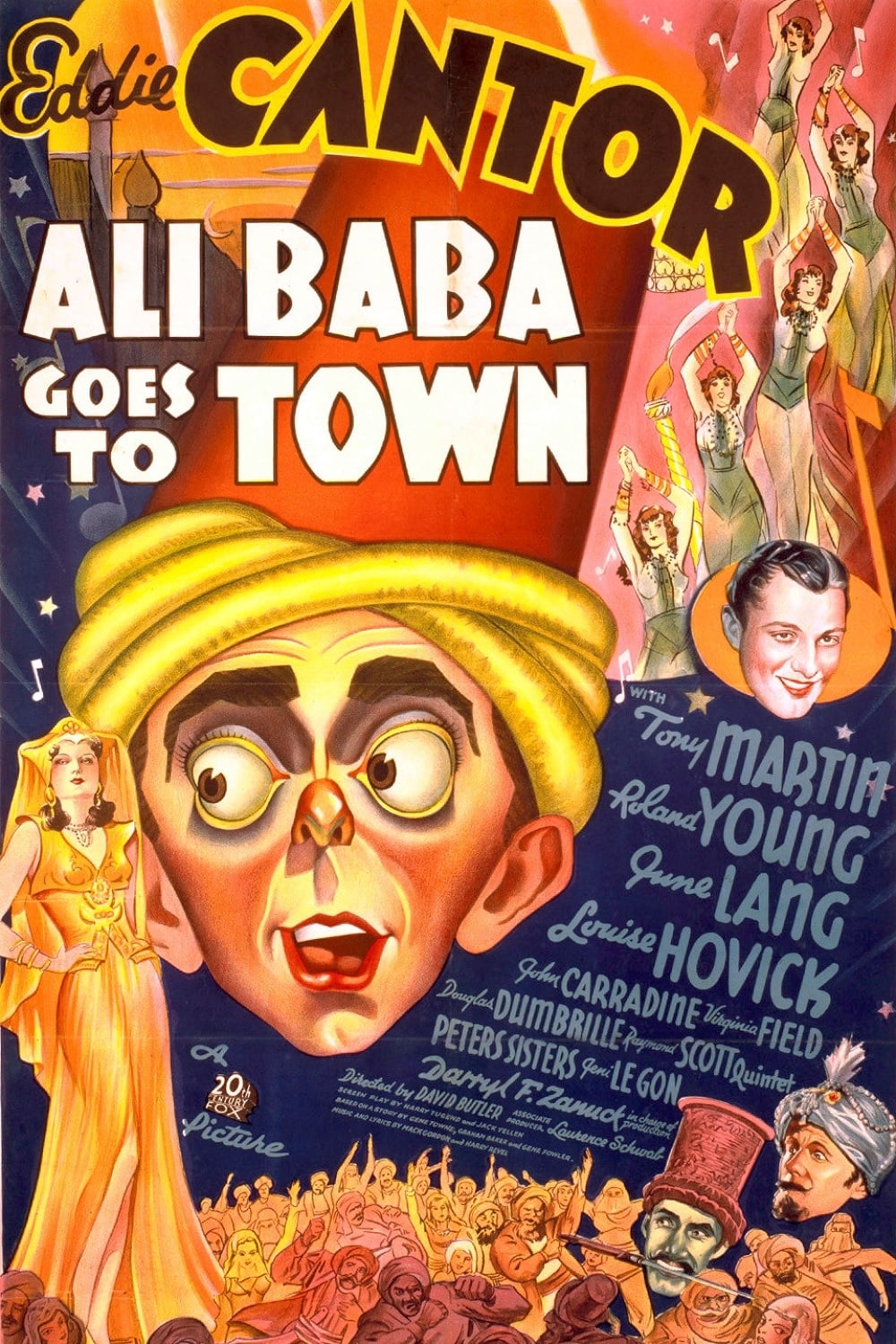
Ali Baba Goes to Town
(Sultan)
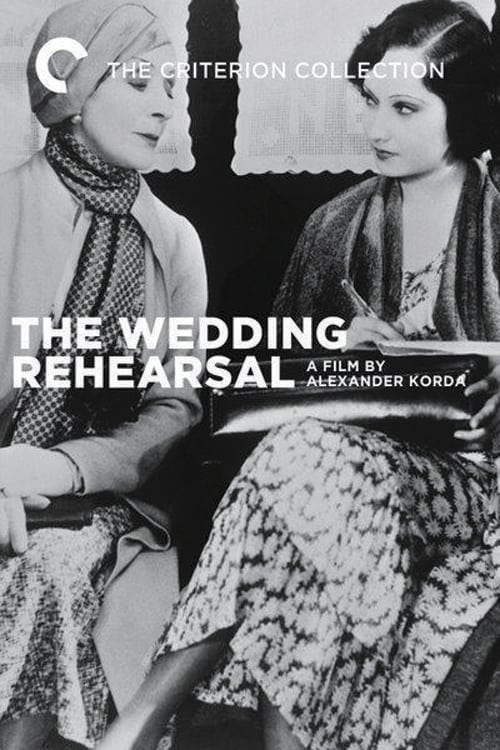
Wedding Rehearsal
(Reggie Buckley Candysshe - Marquis of Buckminster)
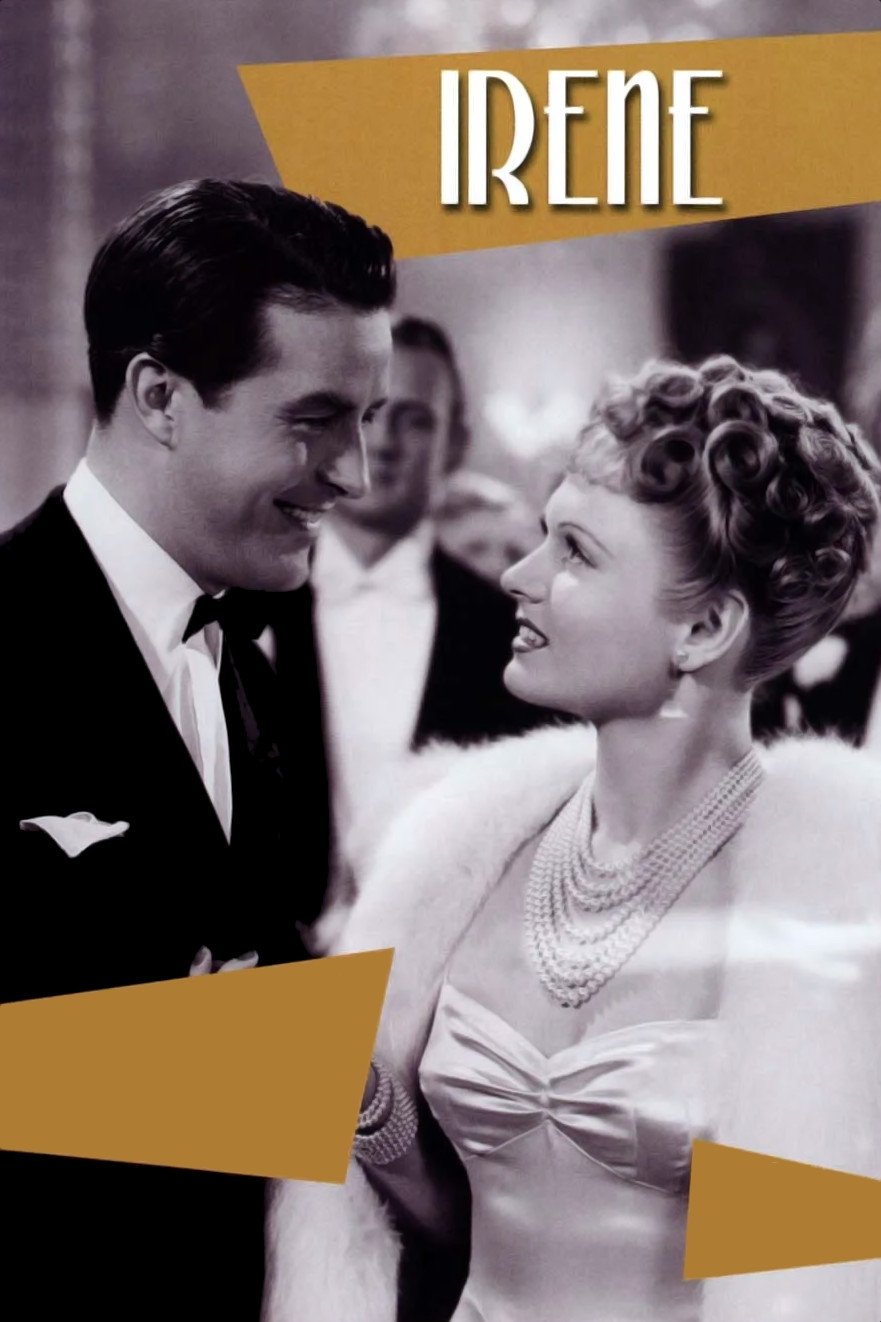
Irene
(Mr. Smith)
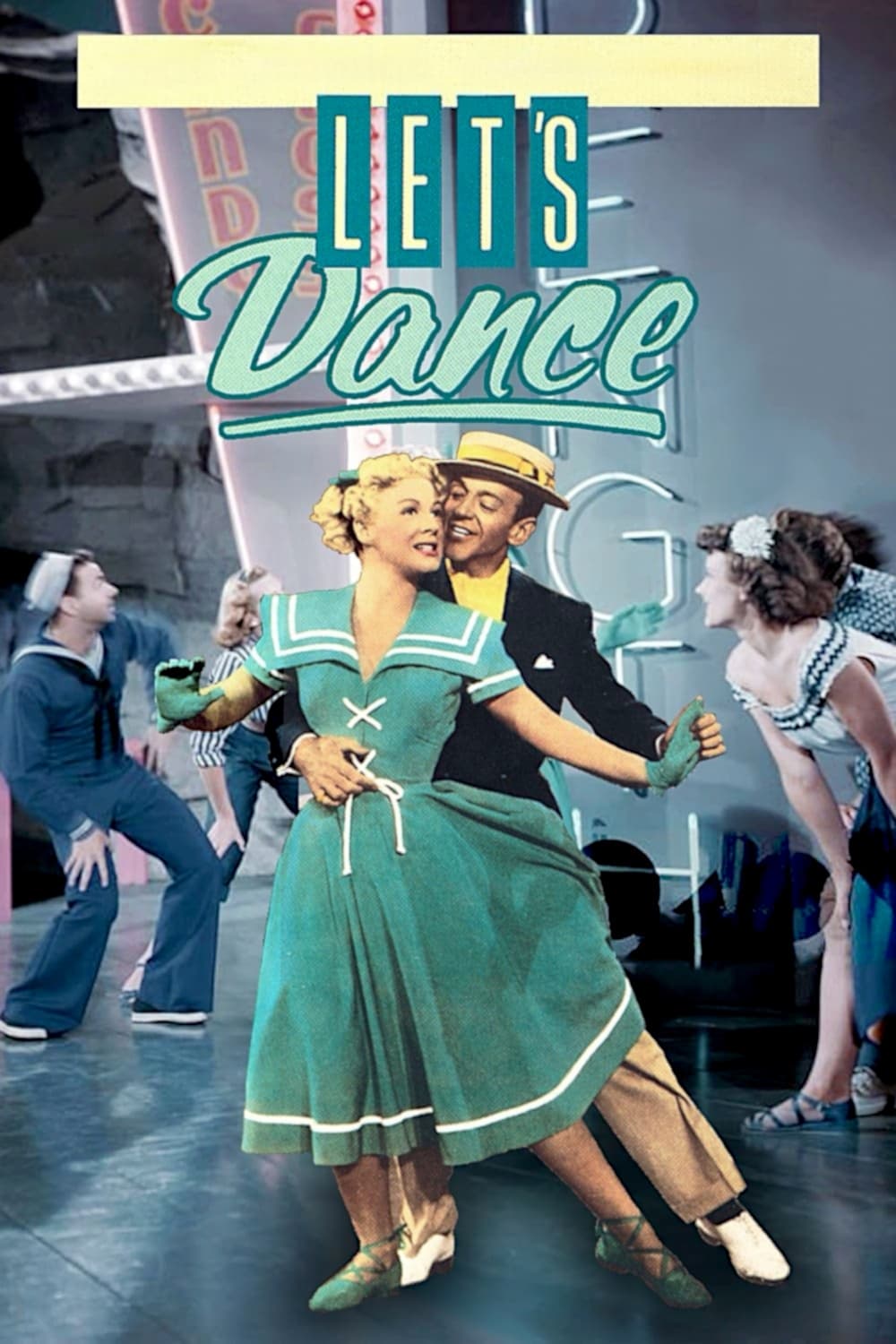
Let's Dance
(Edmund Pohlwhistle)
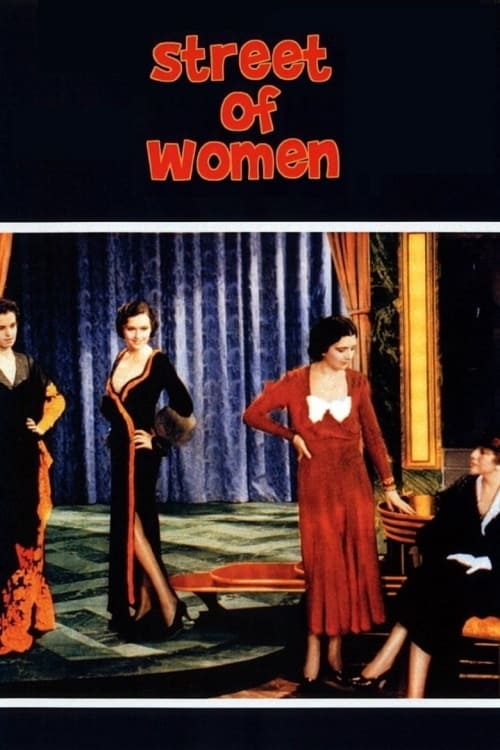
Street of Women
(Linkhorne 'Link' Gibson)
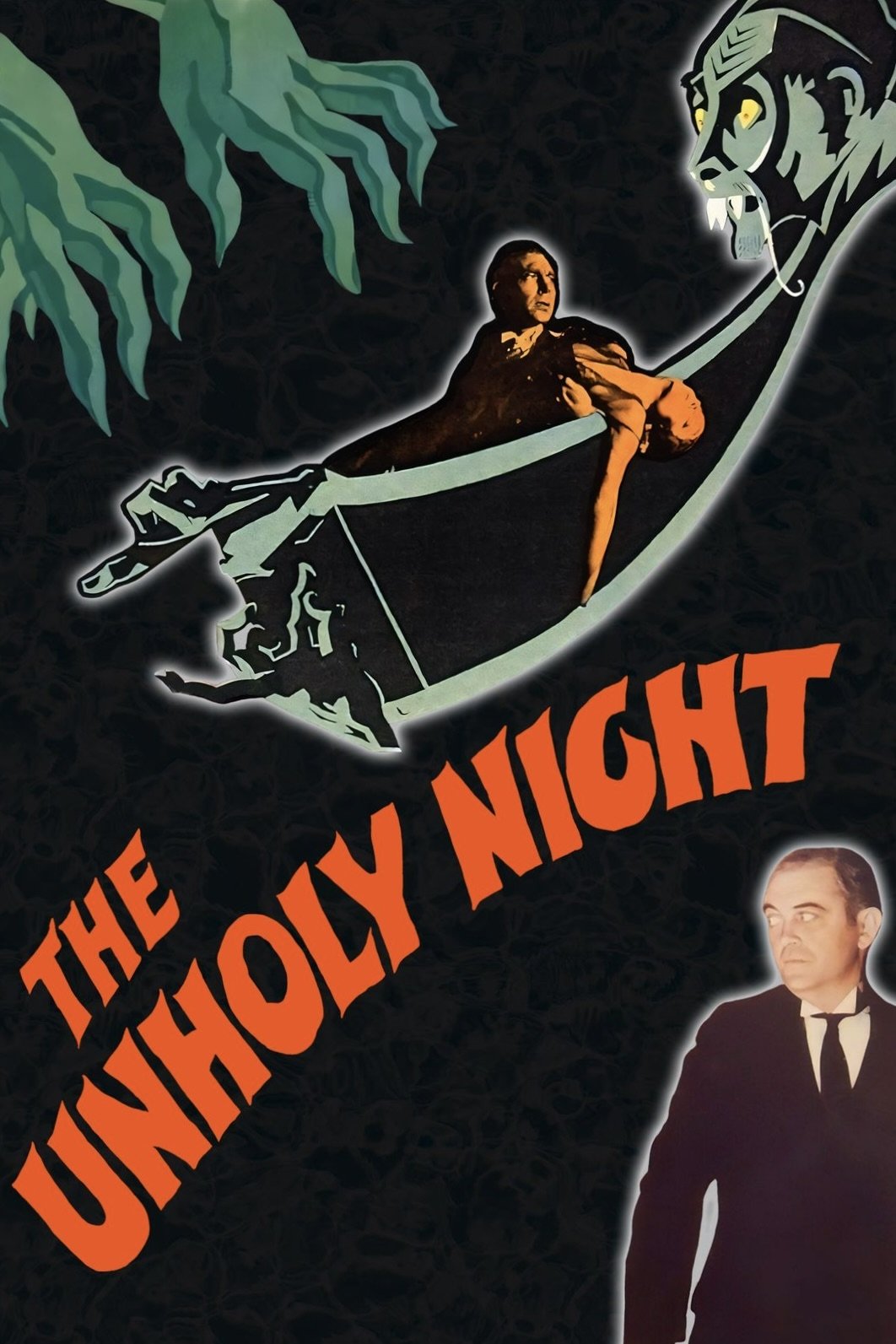
The Unholy Night
(Lord Montague)
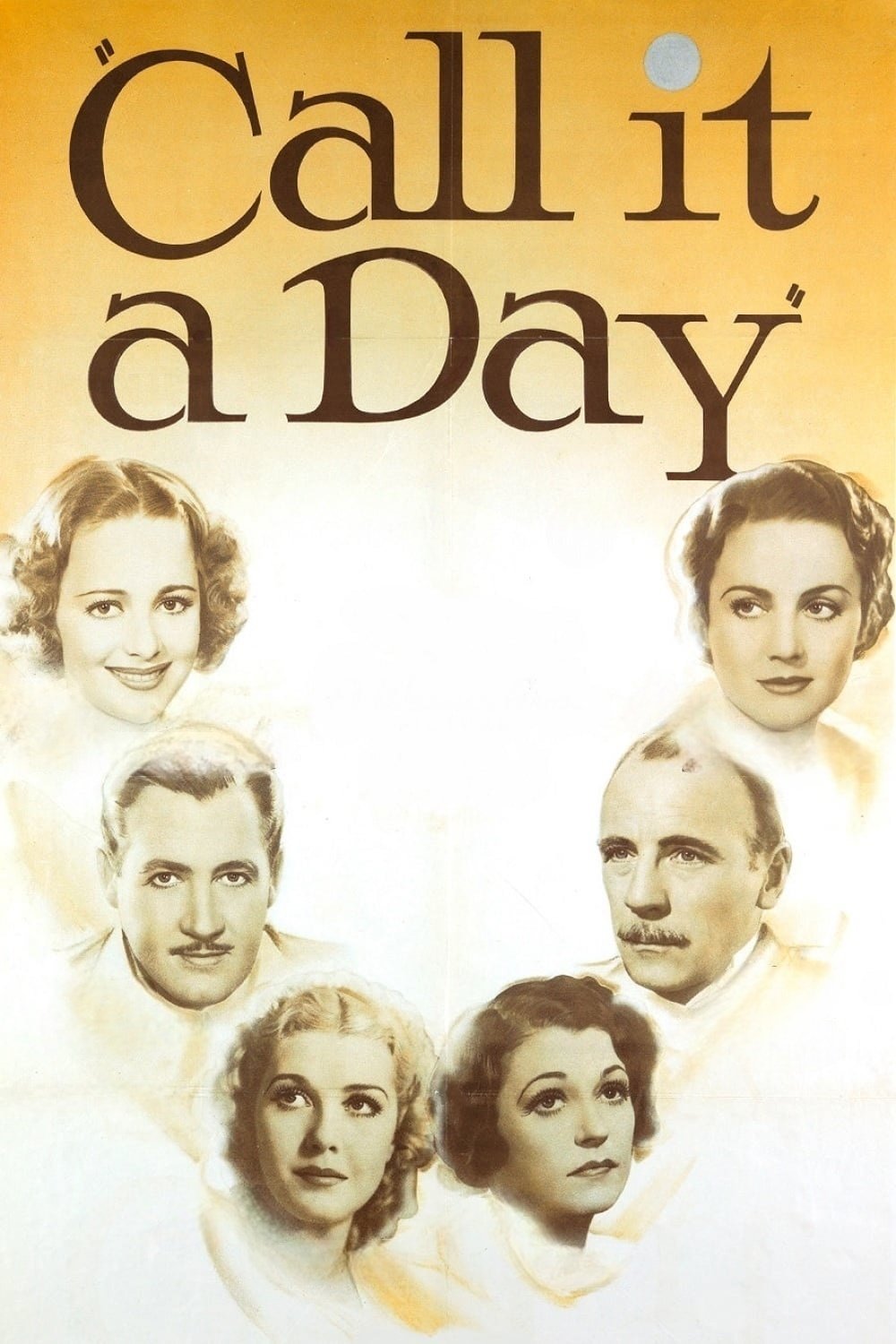
Call It a Day
(Frank Haines)
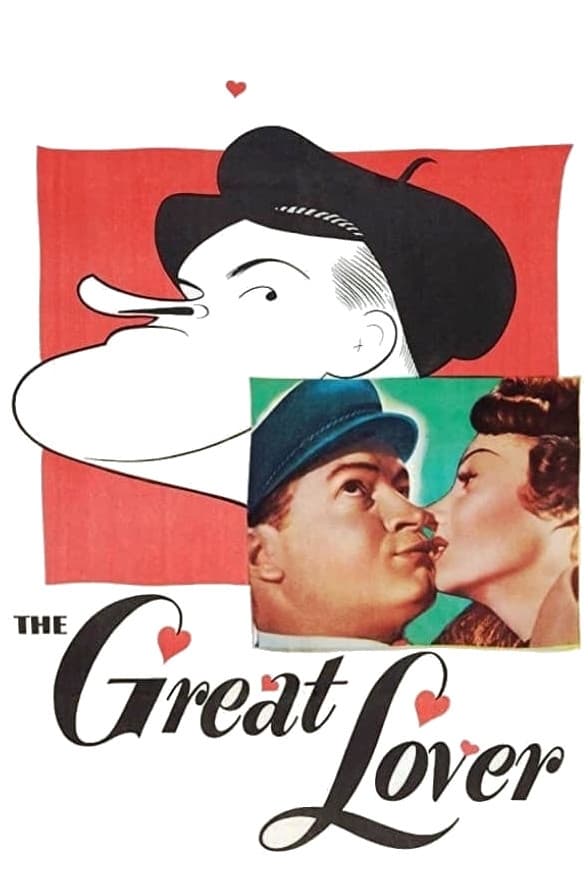
The Great Lover
(C.J. Dabney)
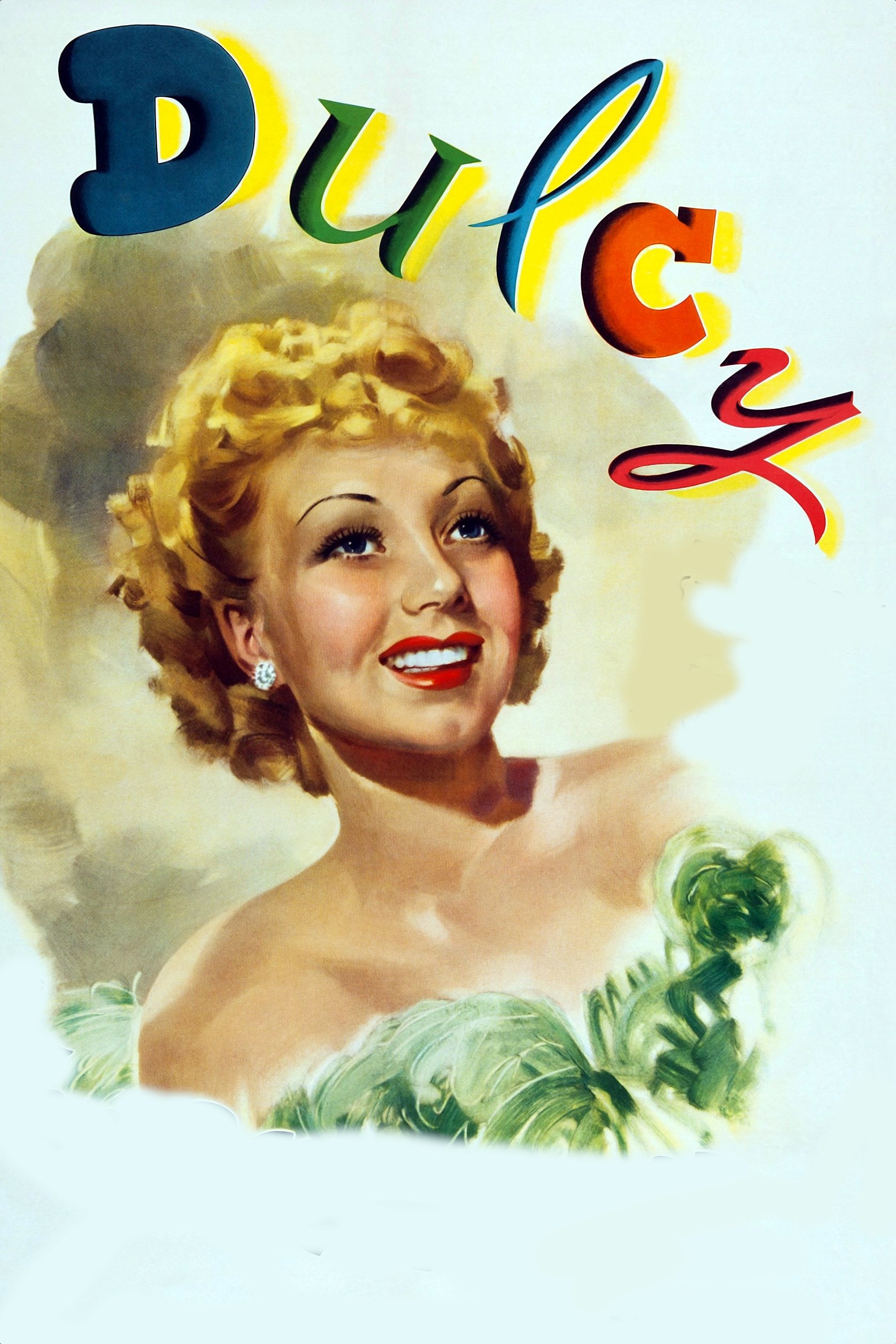
Dulcy
(Roger Forbes)
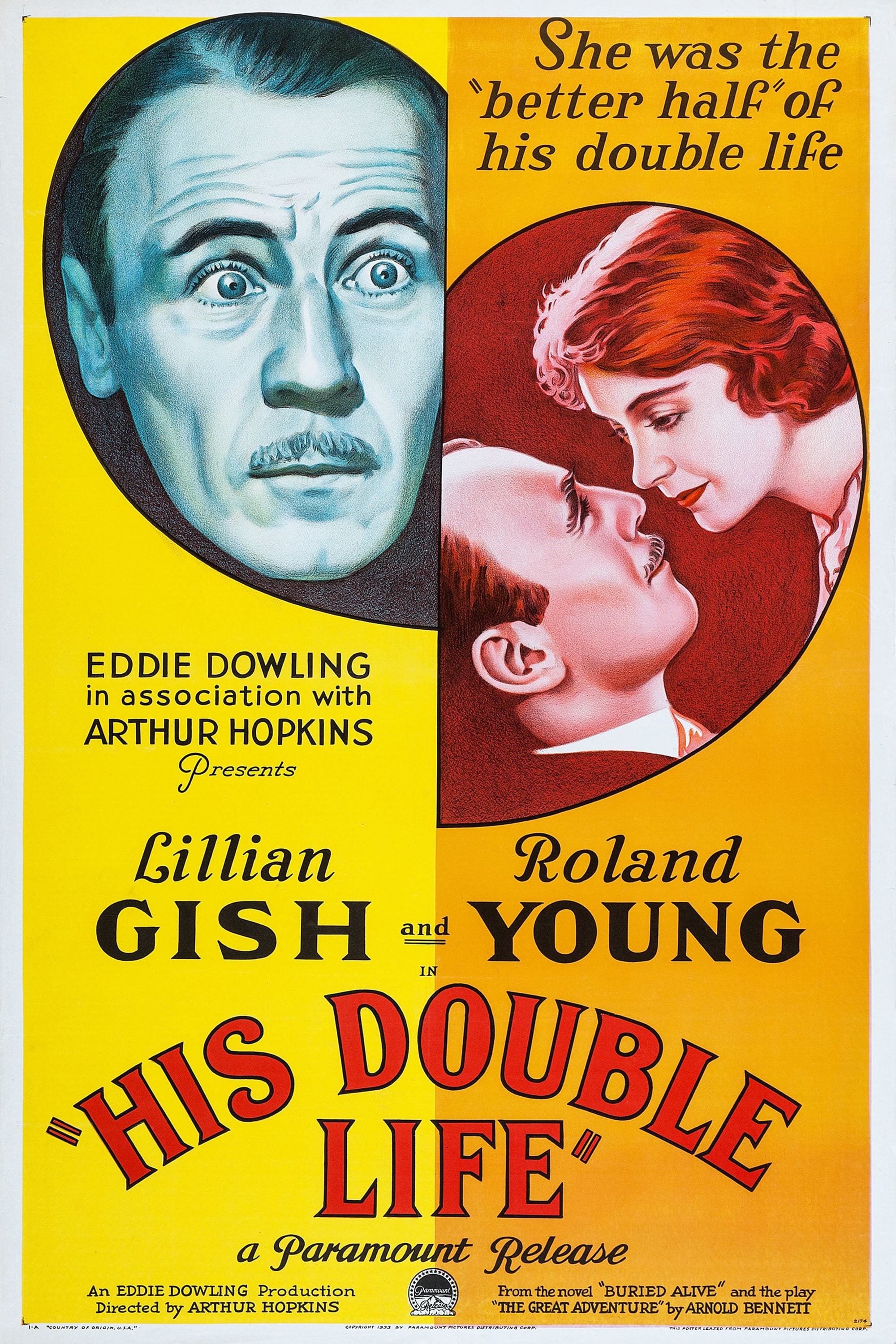
His Double Life
(Priam Farrel)

The Pagan Lady
(Dr. Heath)
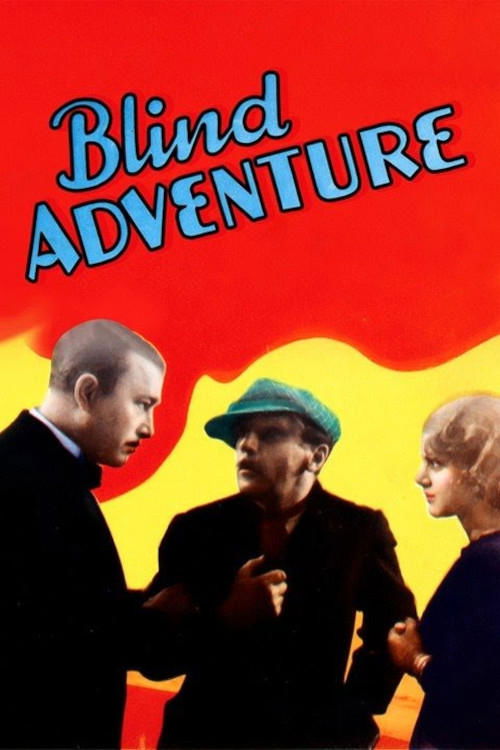
Blind Adventure
(Holmes)

Here Is My Heart
(Nicki)

The Squaw Man
(Sir John Applegate)
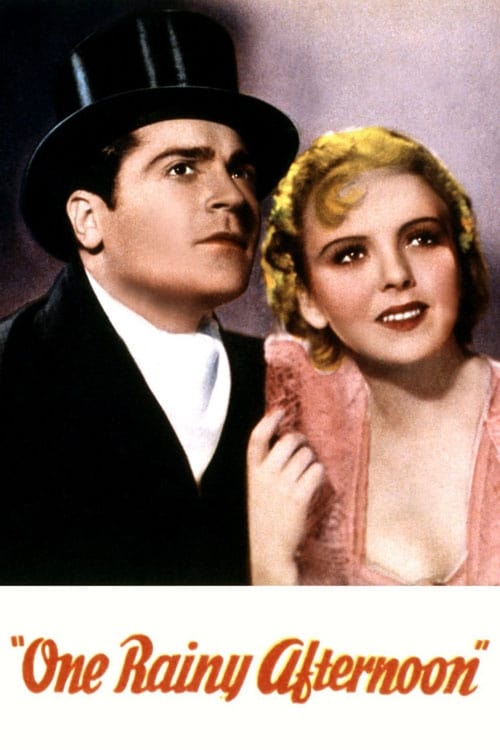
One Rainy Afternoon
(Maillot)
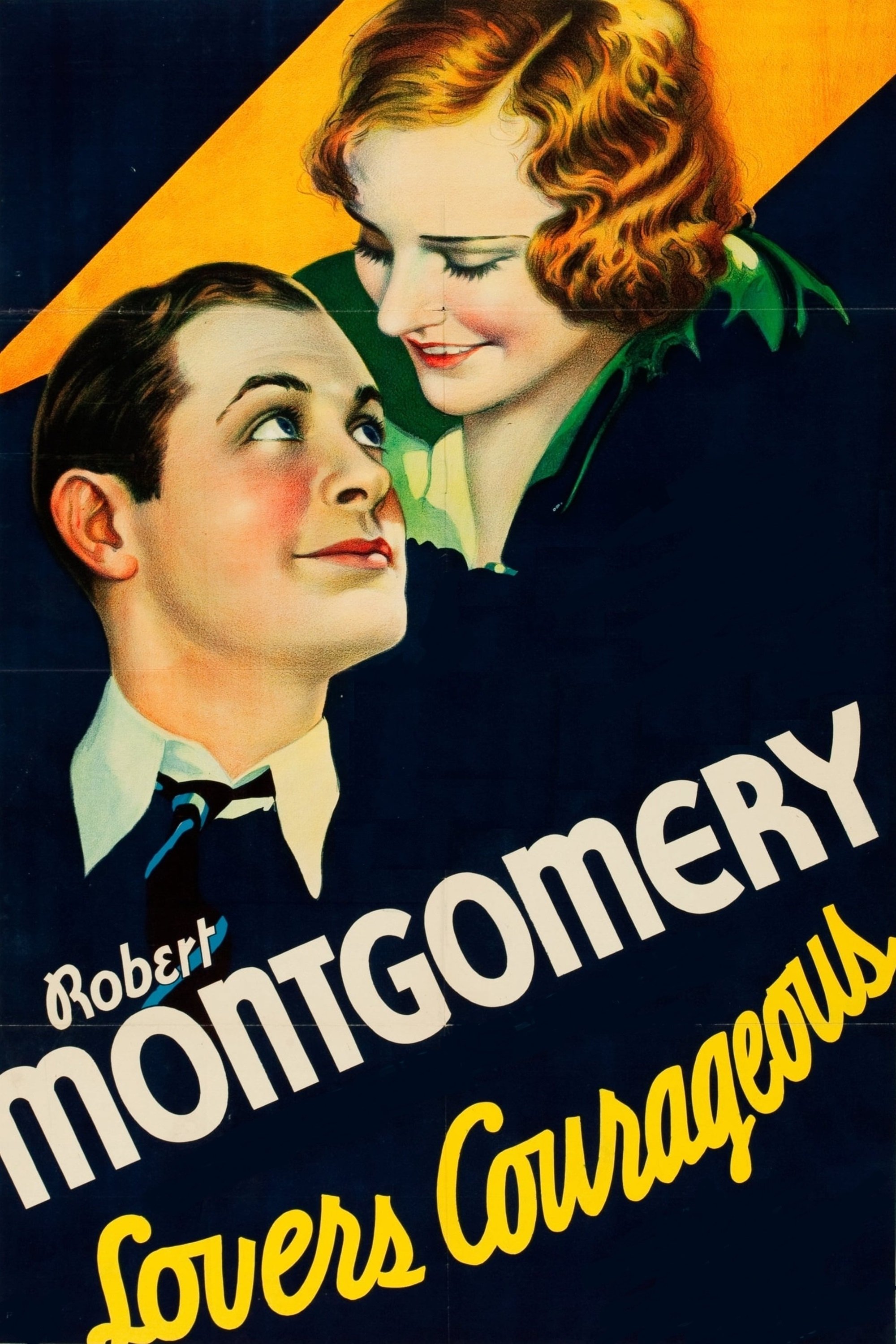
Lovers Courageous
(Jeffrey)
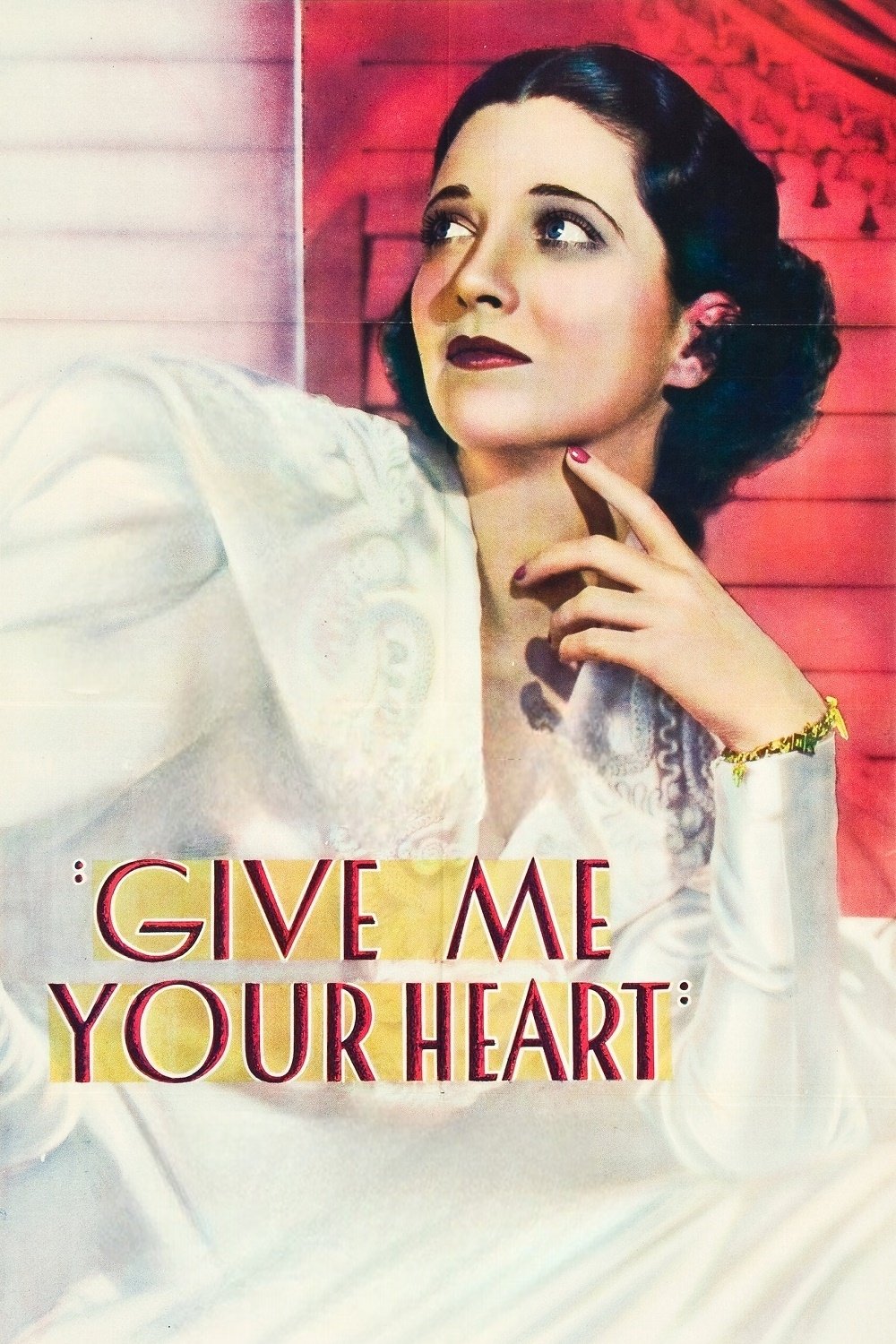
Give Me Your Heart
(Edward 'Tubbs' Barrow)
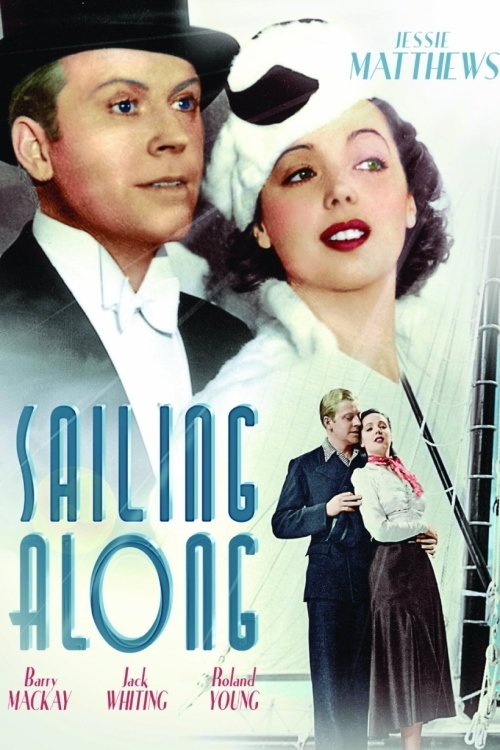
Sailing Along
(Anthony Gulliver)
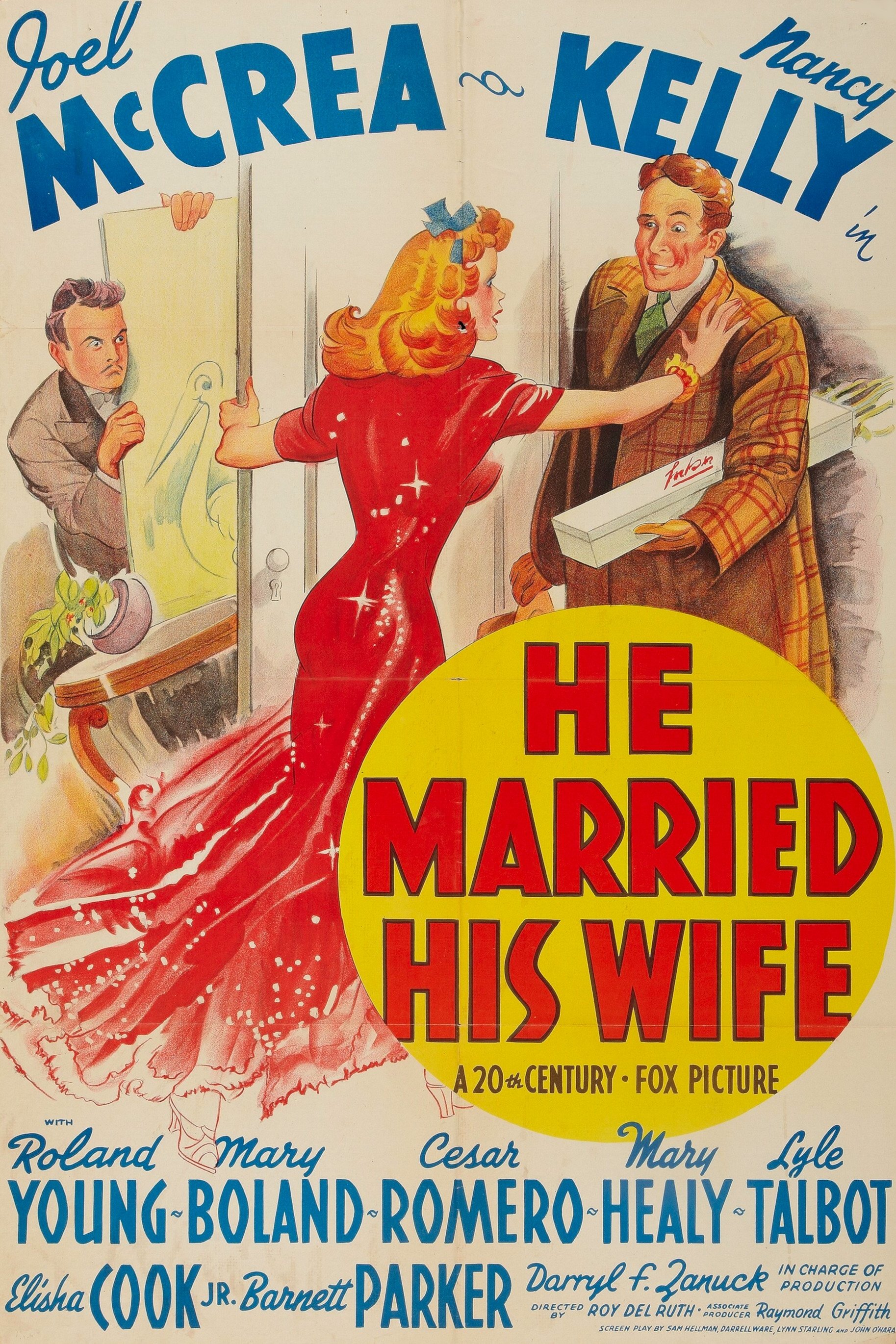
He Married His Wife
(Bill Carter)
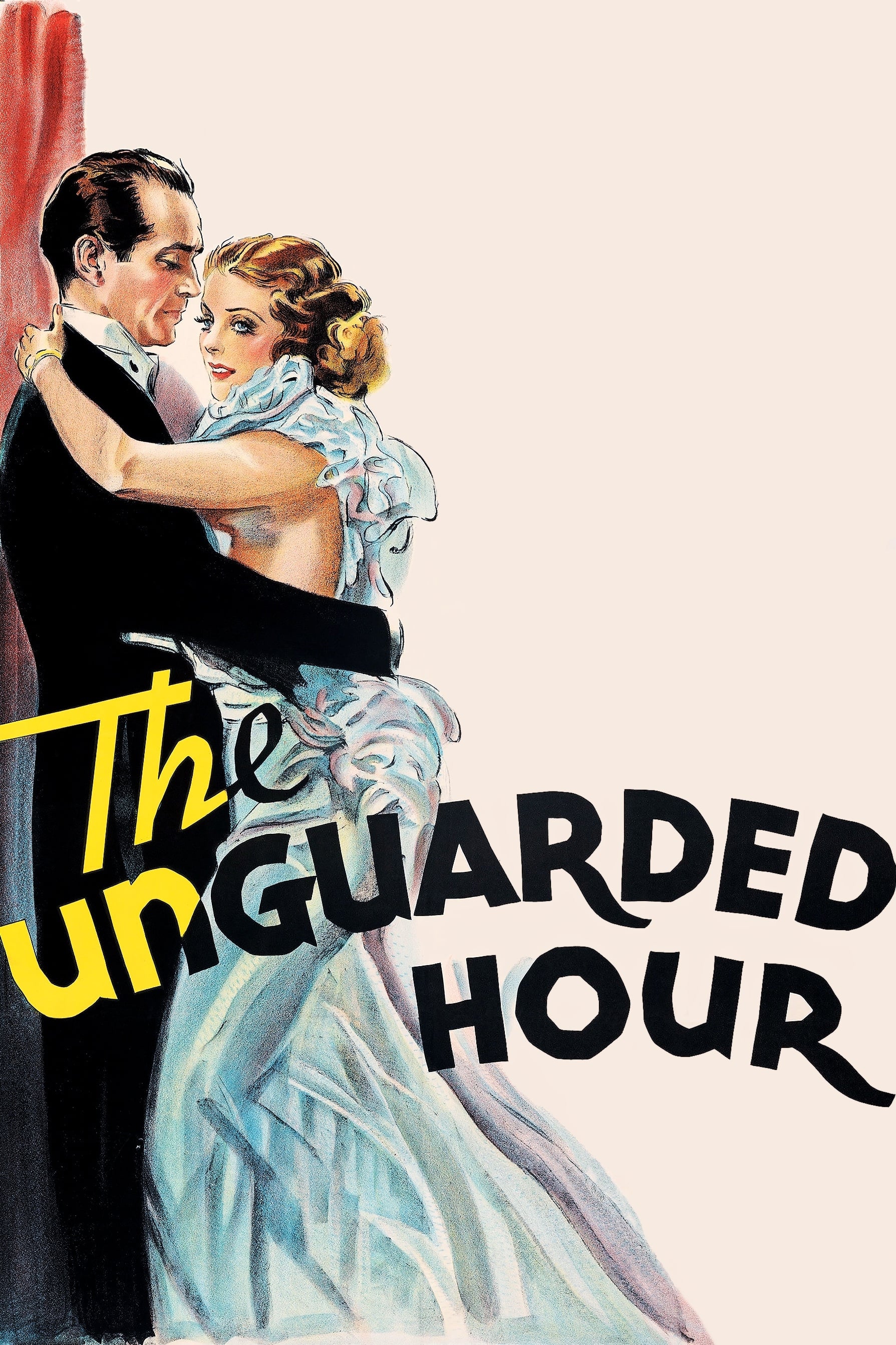
The Unguarded Hour
(William "Bunny" Jeffers)
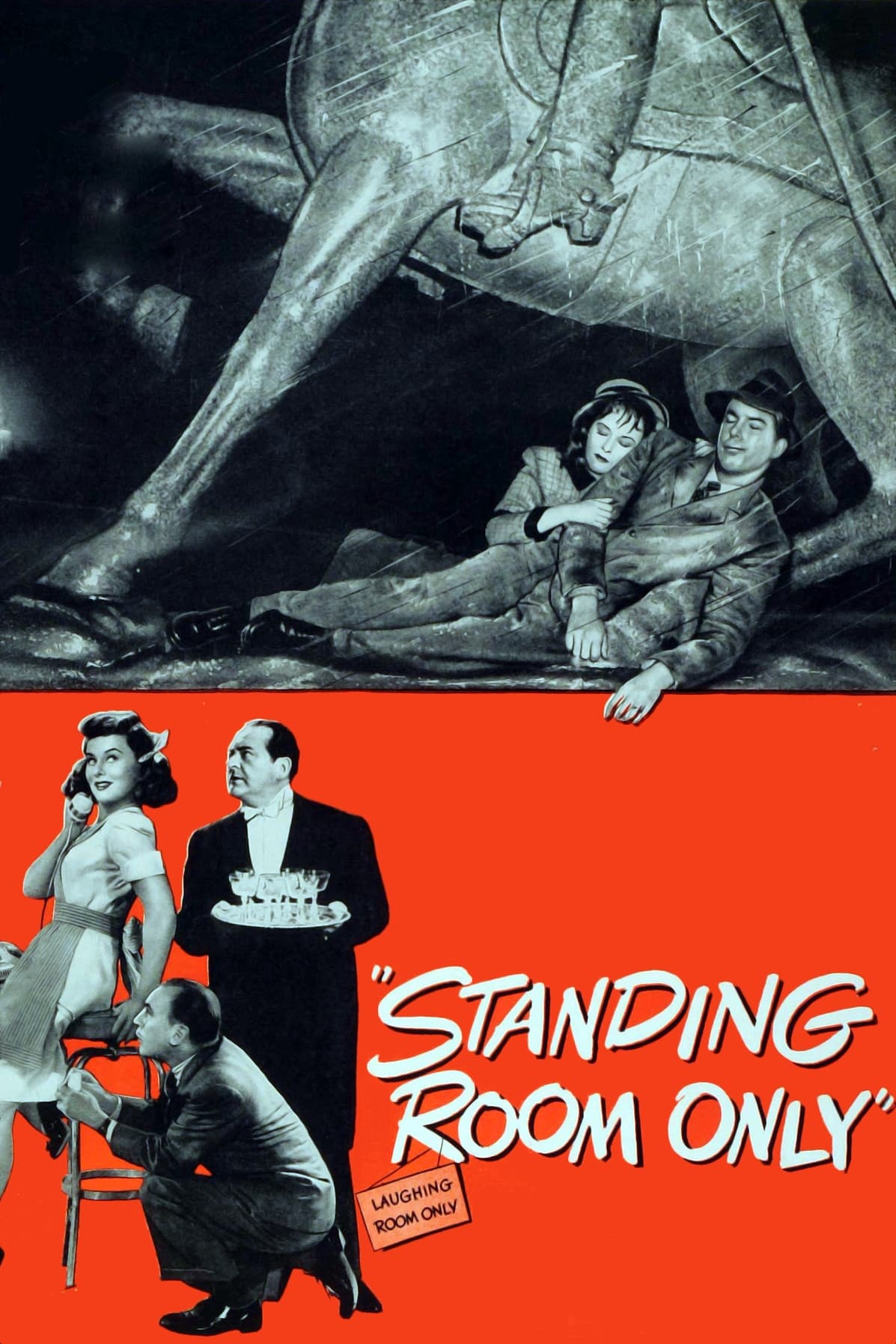
Standing Room Only
(Ira Cromwell)
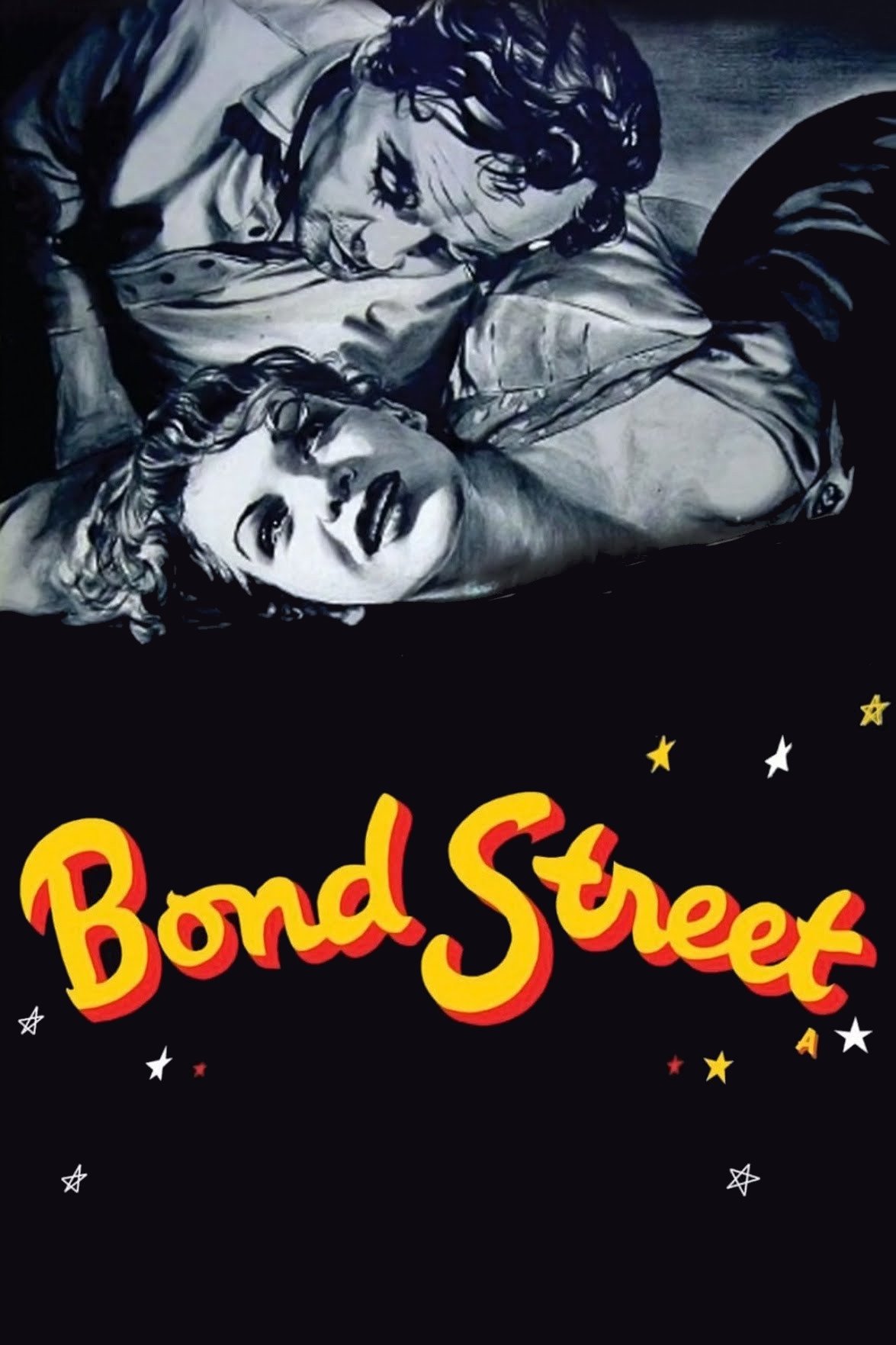
Bond Street
(George Chester-Barrett)

Yes, My Darling Daughter
(Titus Jaywood)
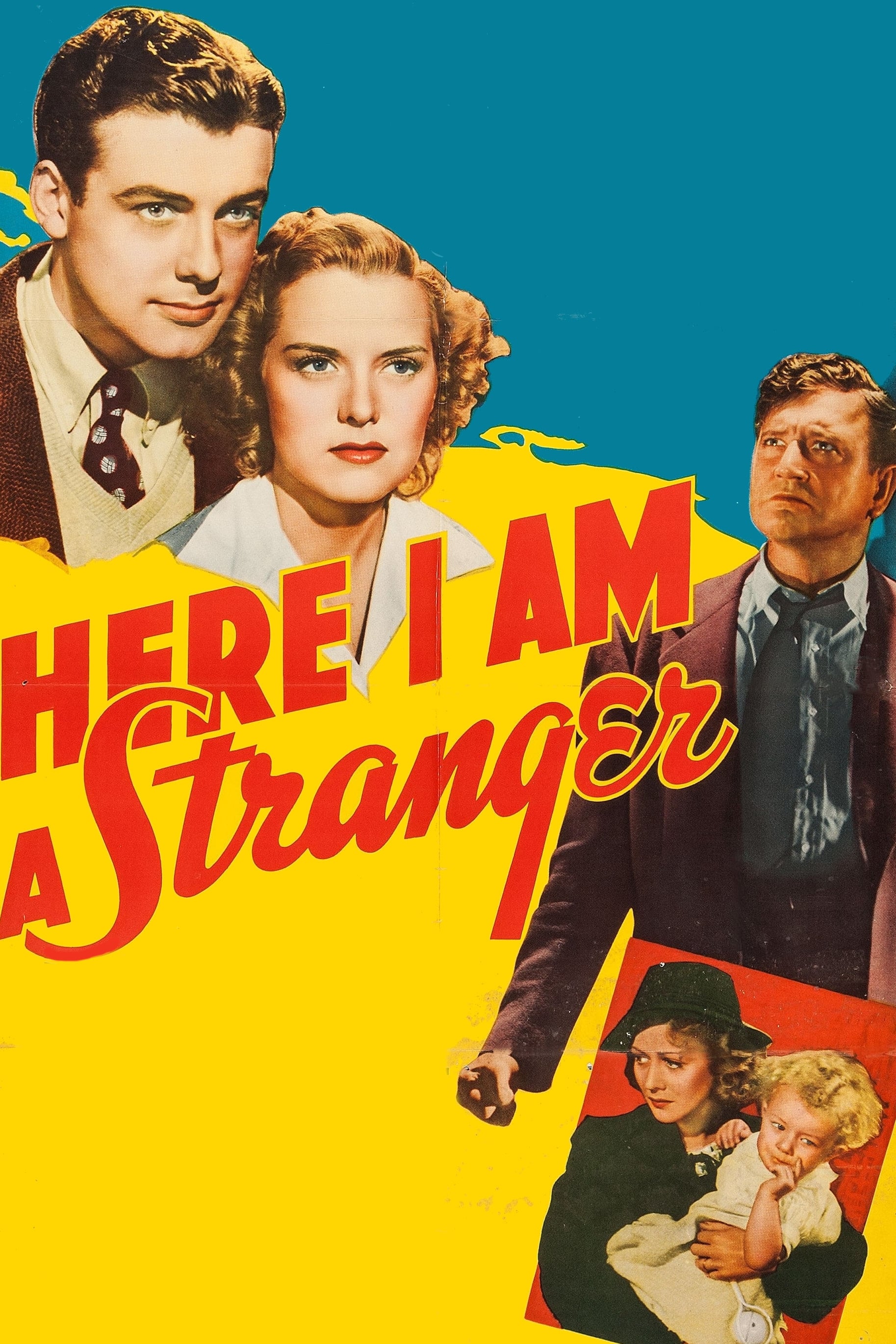
Here I Am a Stranger
(Professor Daniels)
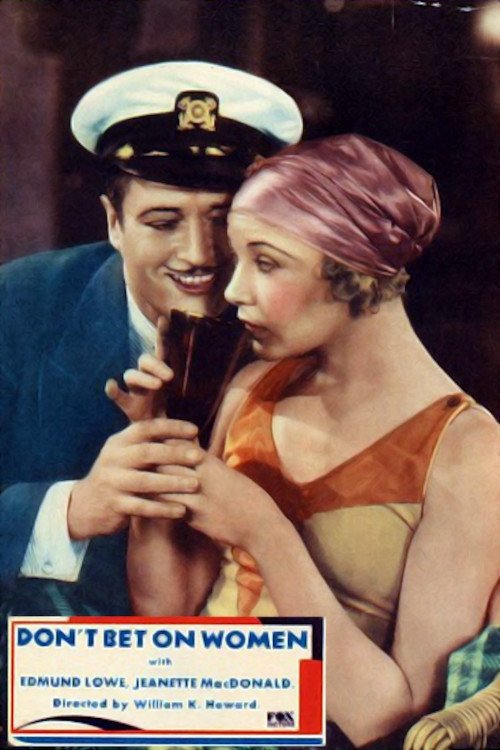
Don't Bet on Women
(Herbert Drake)
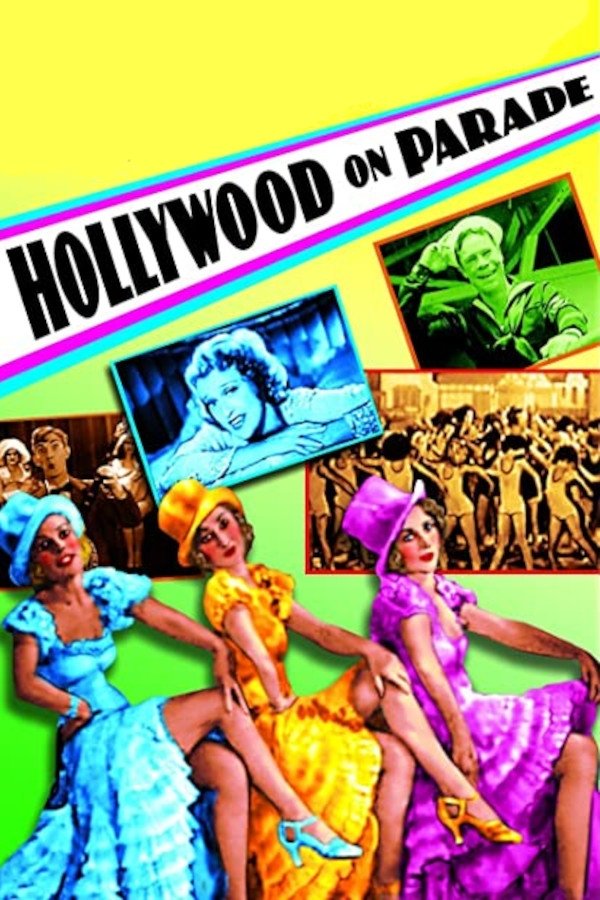
Hollywood on Parade No. A-5
(Self)
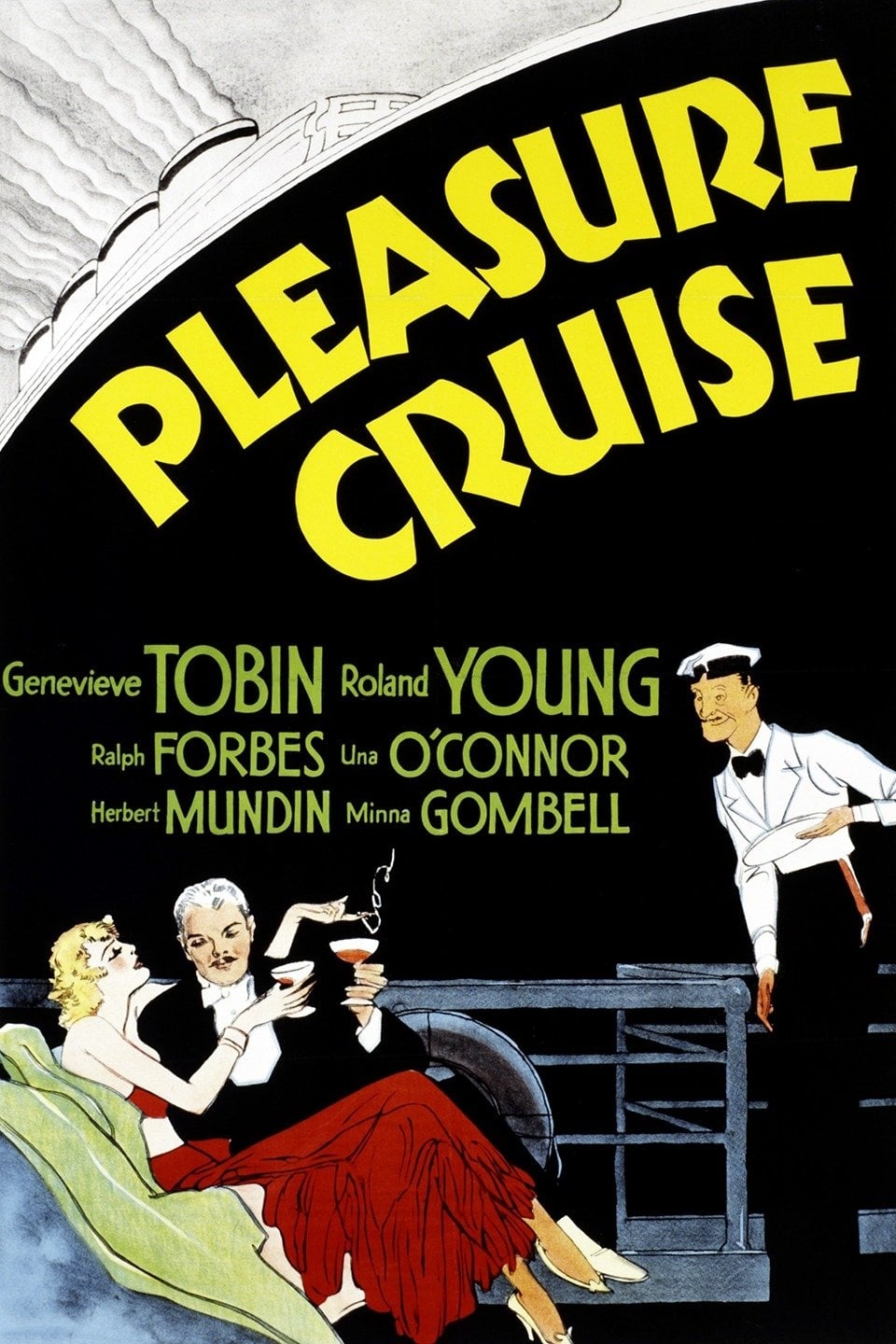
Pleasure Cruise
(Andrew Poole)
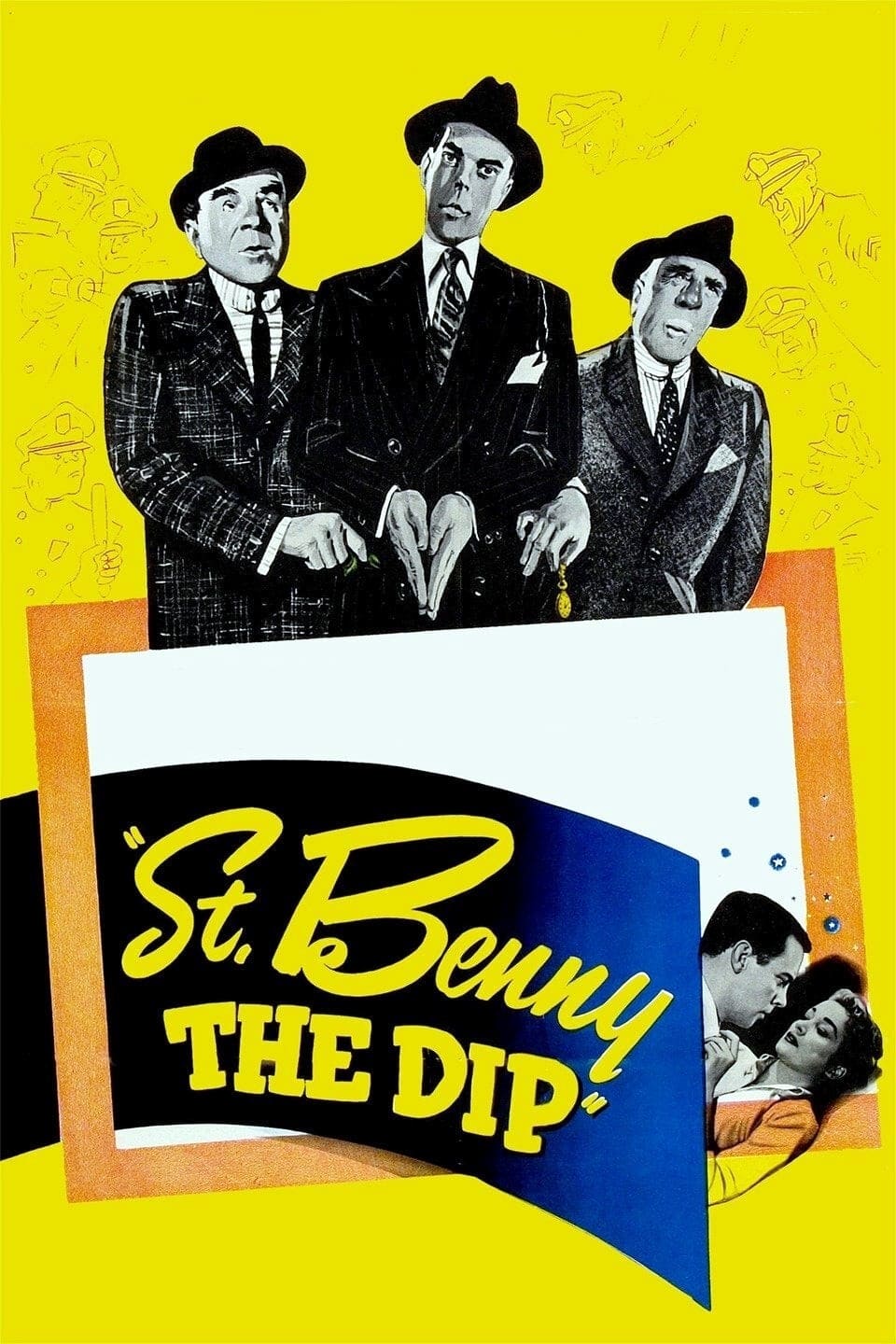
St. Benny the Dip
(Matthew)

New Moon
(Count Strogoff)
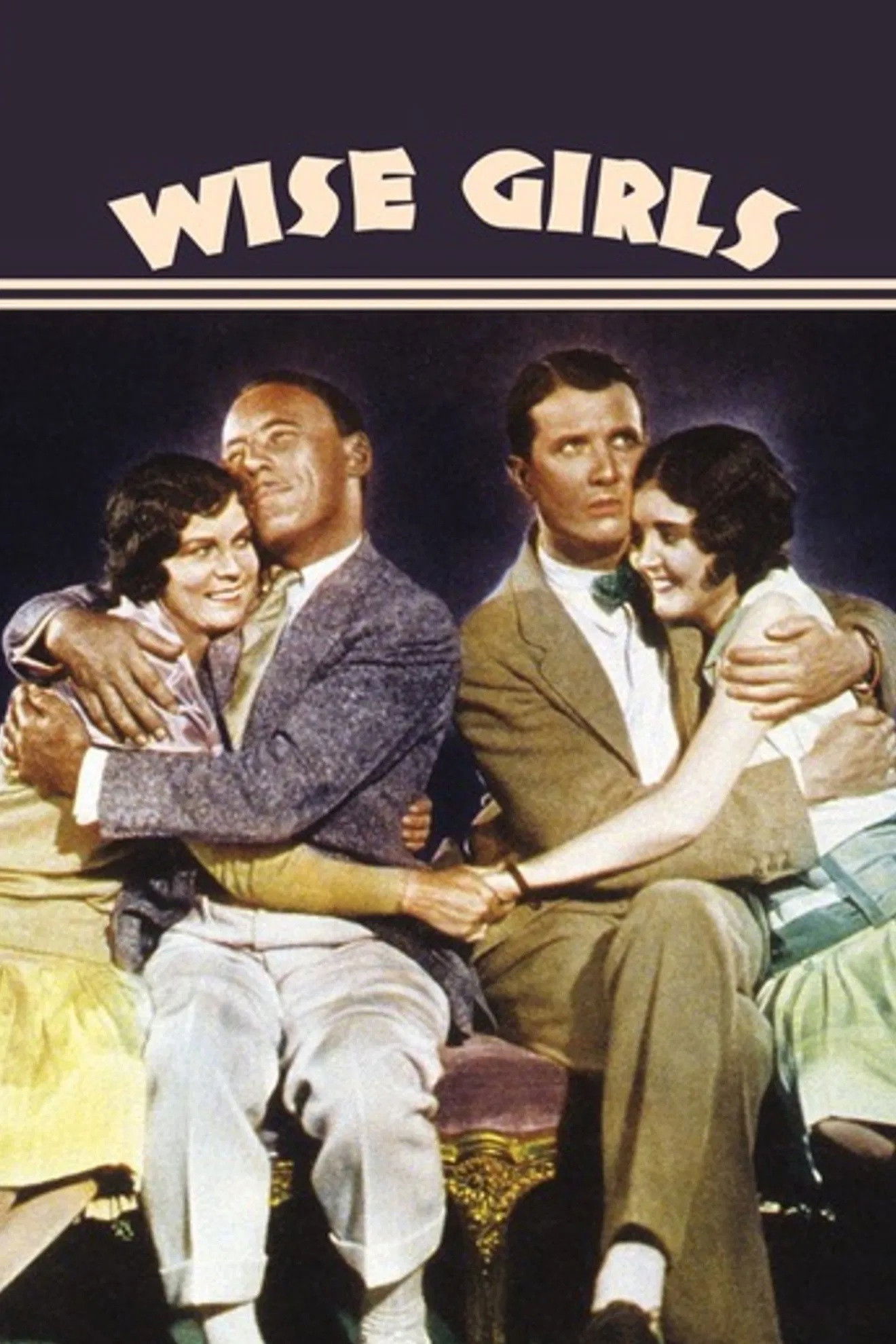
Wise Girls
(Duke Merrill)

Annabelle's Affairs
(Roland Wimbleton)
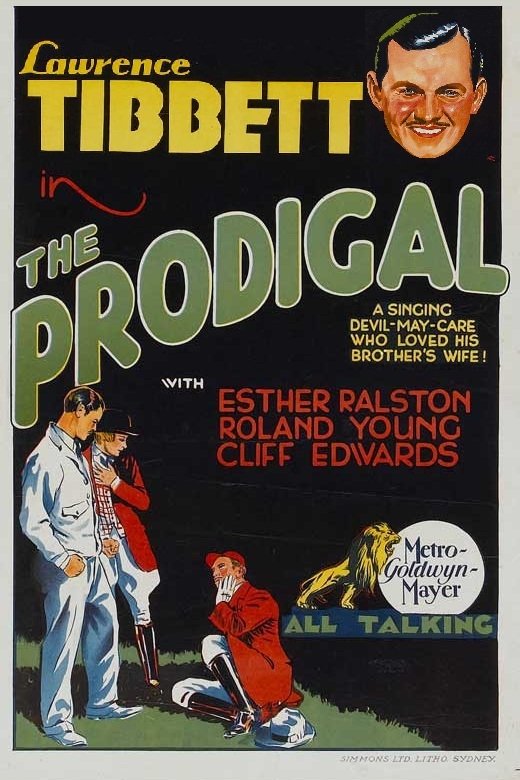
The Prodigal
(Doc)

A Woman Commands
(King Alexander)
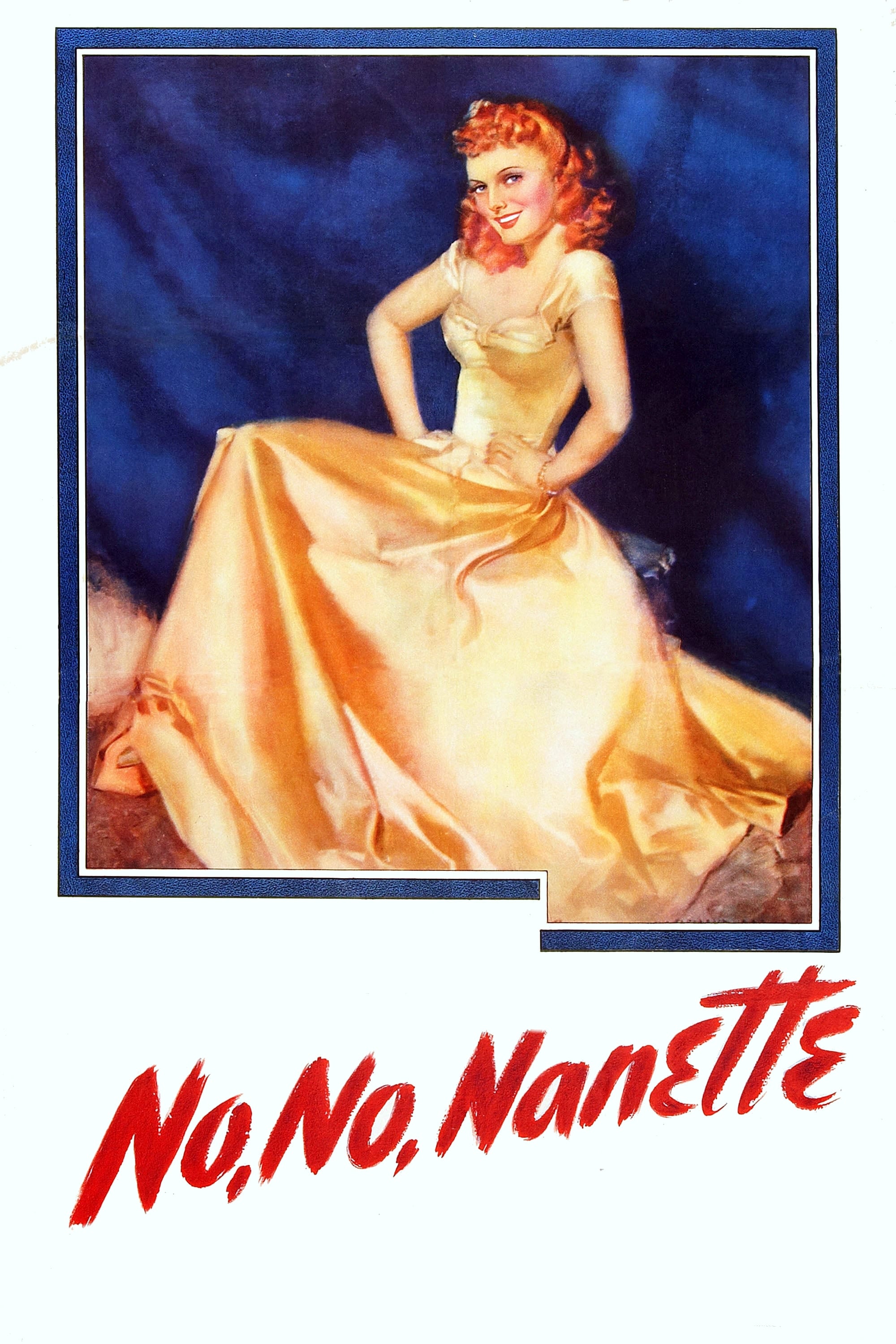
No, No, Nanette
(Mr. 'Happy' Jimmy Smith)
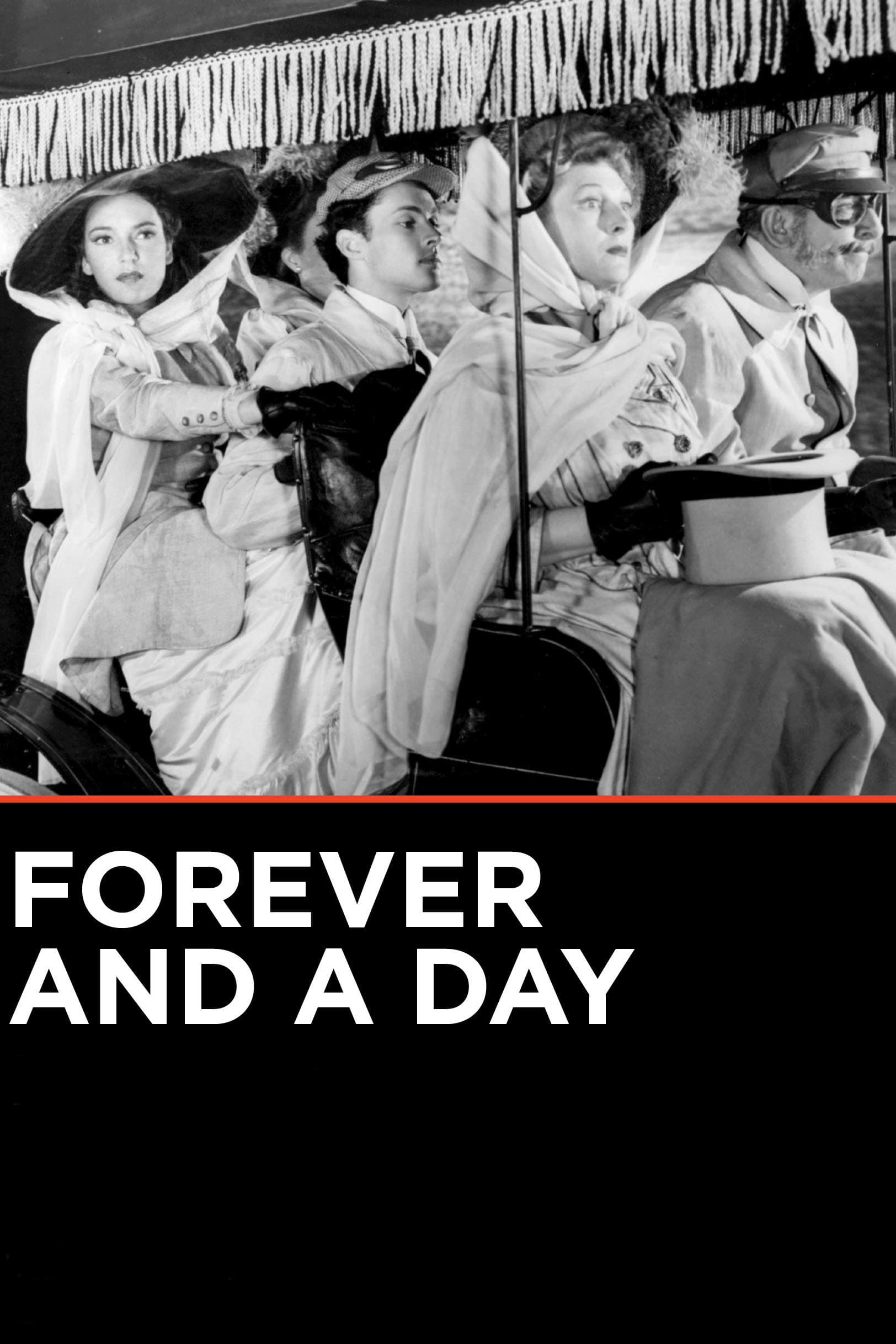
Forever and a Day
(Henry Barringer)
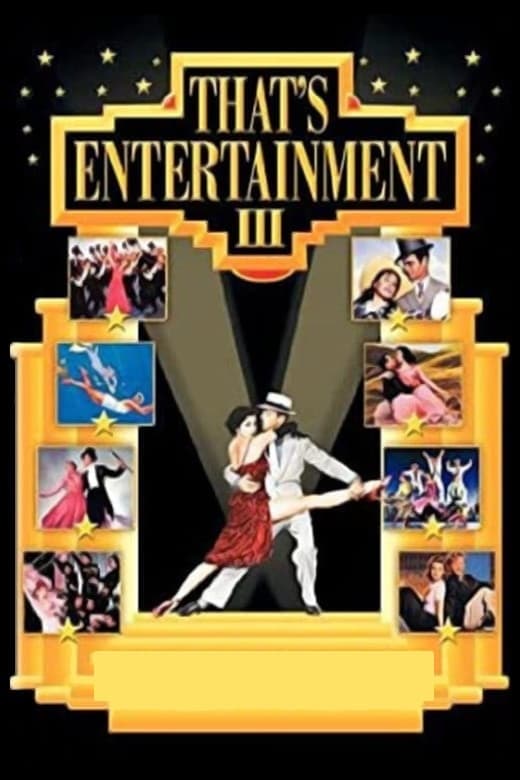
That's Entertainment! III
((archive footage))
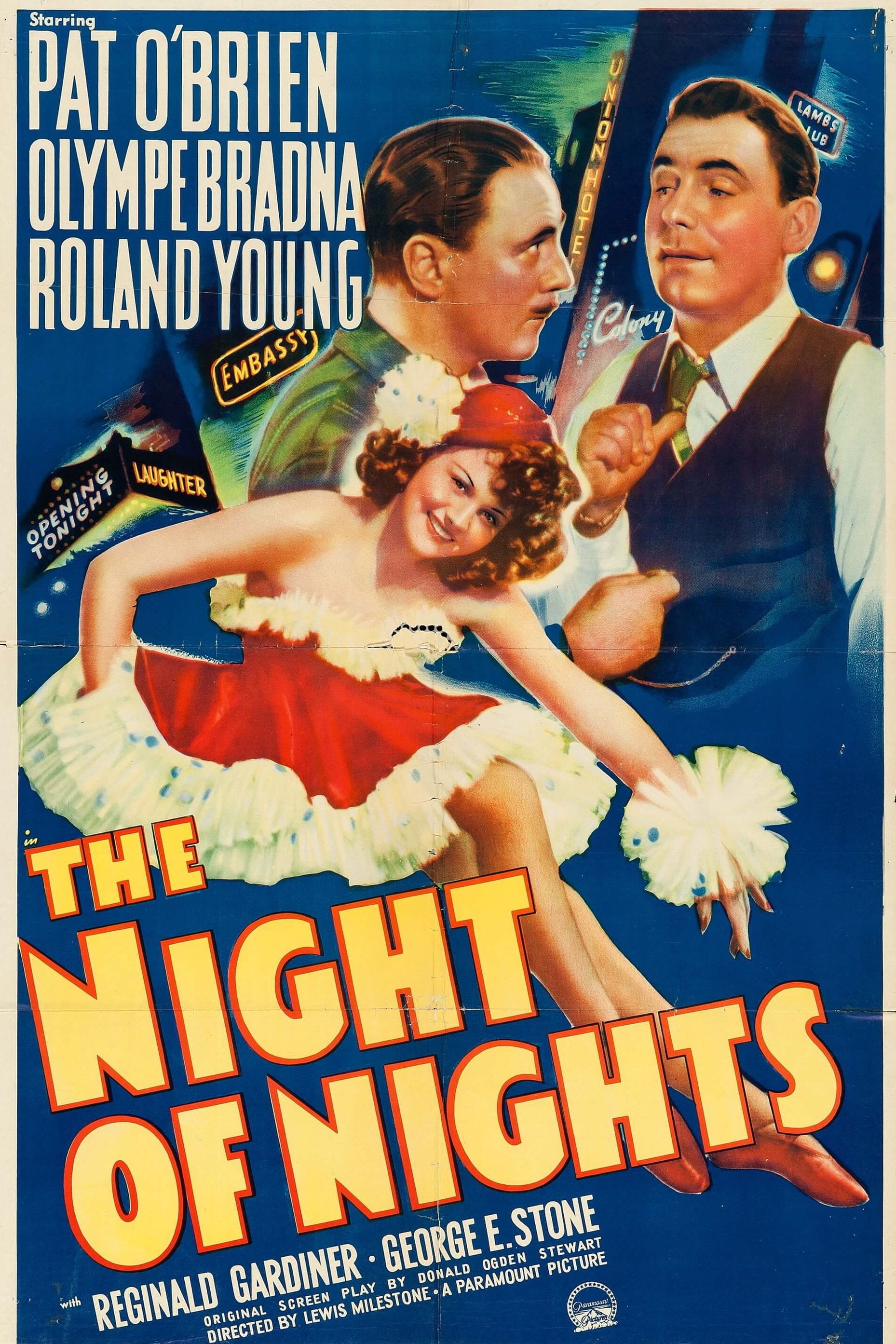
The Night of Nights
(Barry Keith-Trimble)
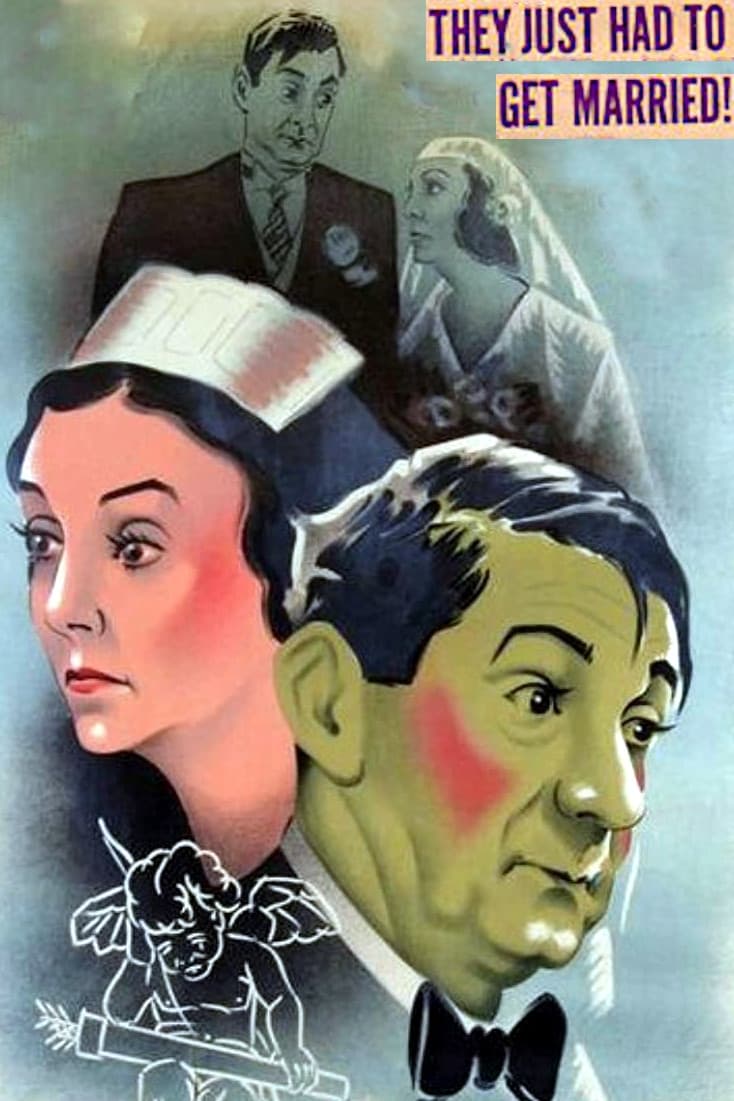
They Just Had to Get Married
(Hillary Hume)
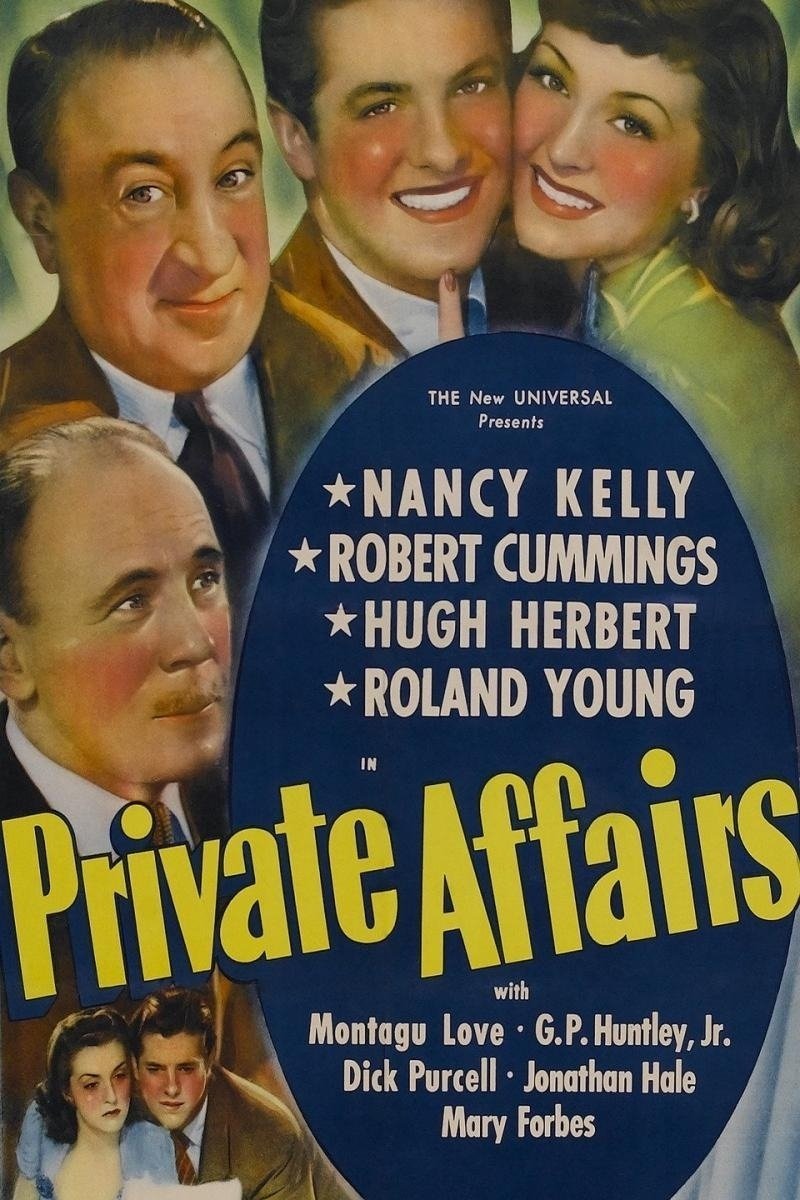
Private Affairs
(Amos Bullerton)
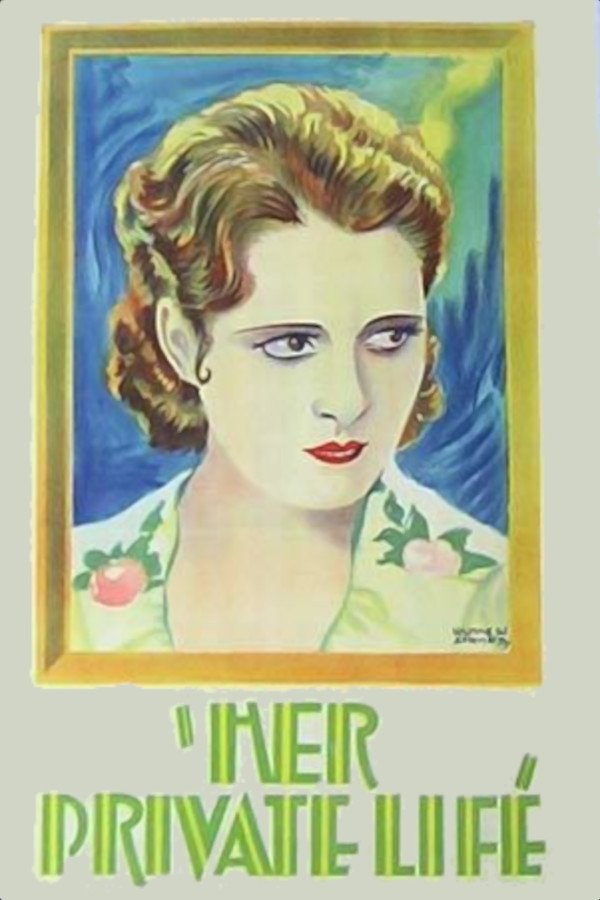
Her Private Life
(Charteris)
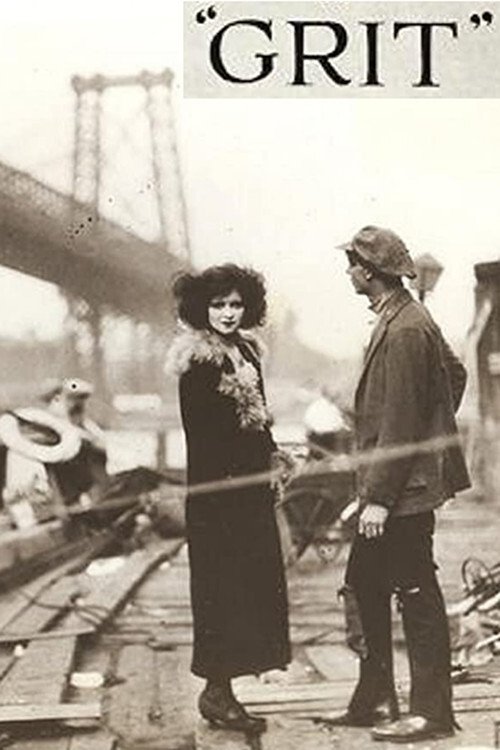
Grit
(Houdini Hart)
Gypsy
(Alan Brooks)
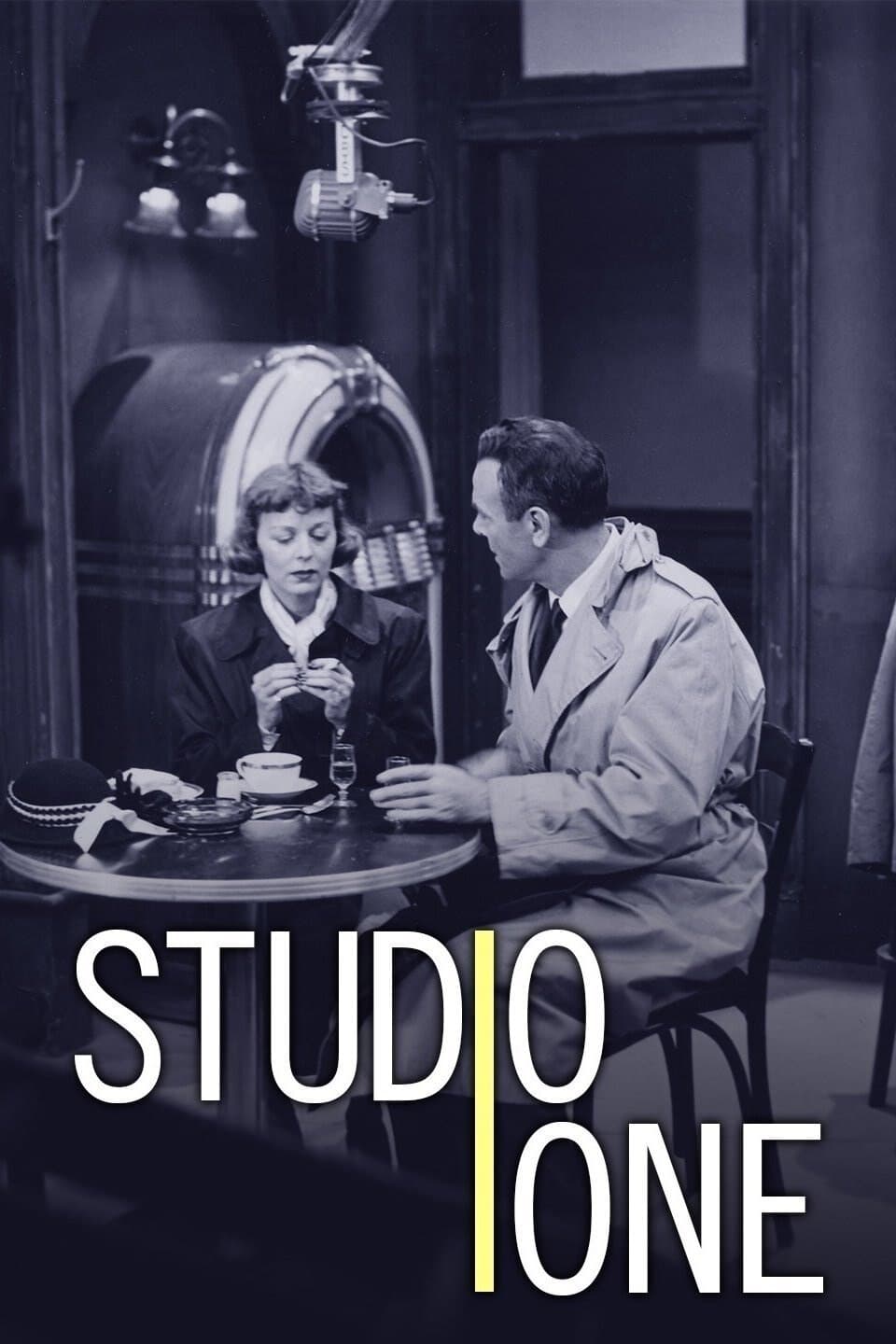
Studio One
(Harold. Mummery)
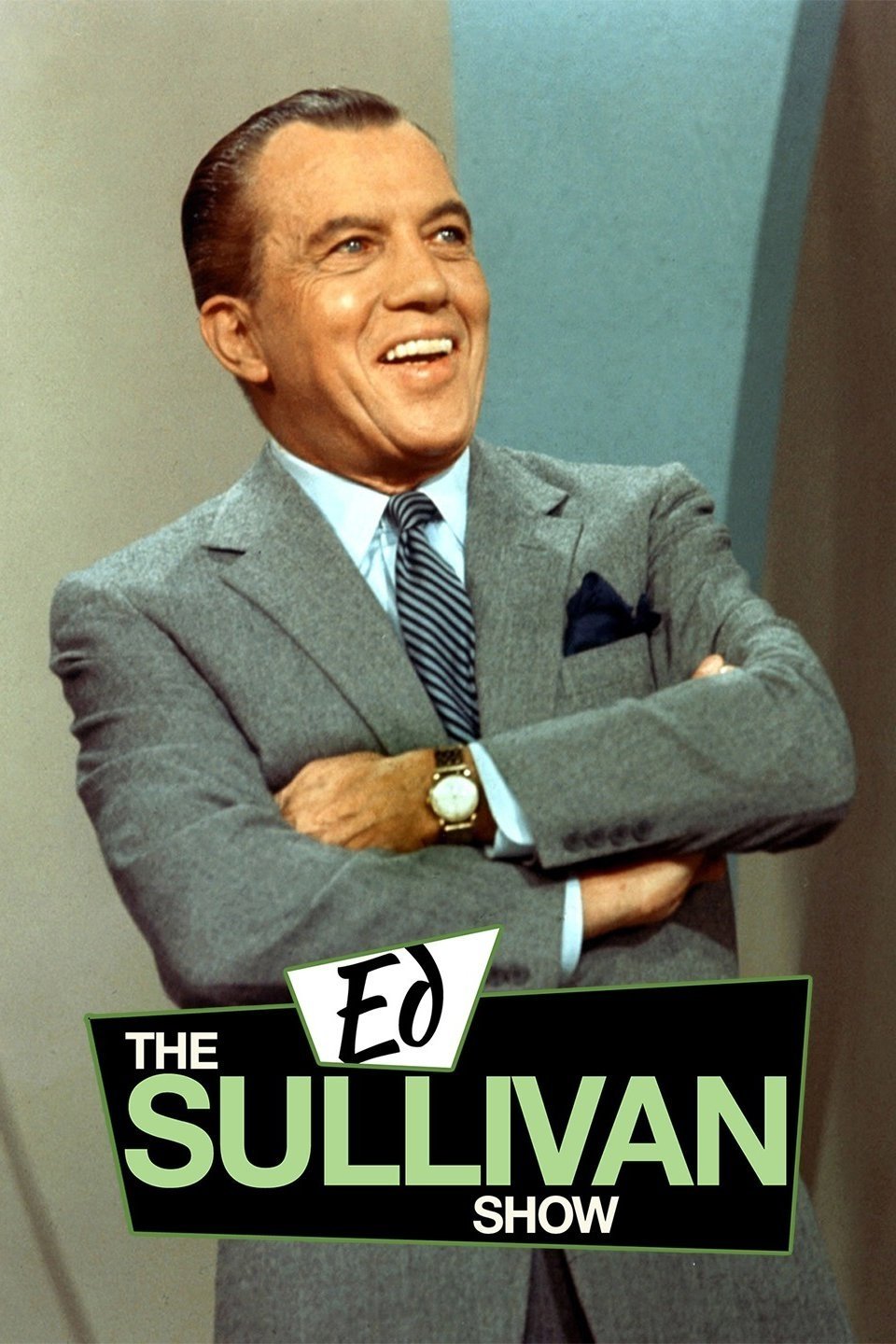
The Ed Sullivan Show
(Self)
Lux Video Theatre
(Sumner)
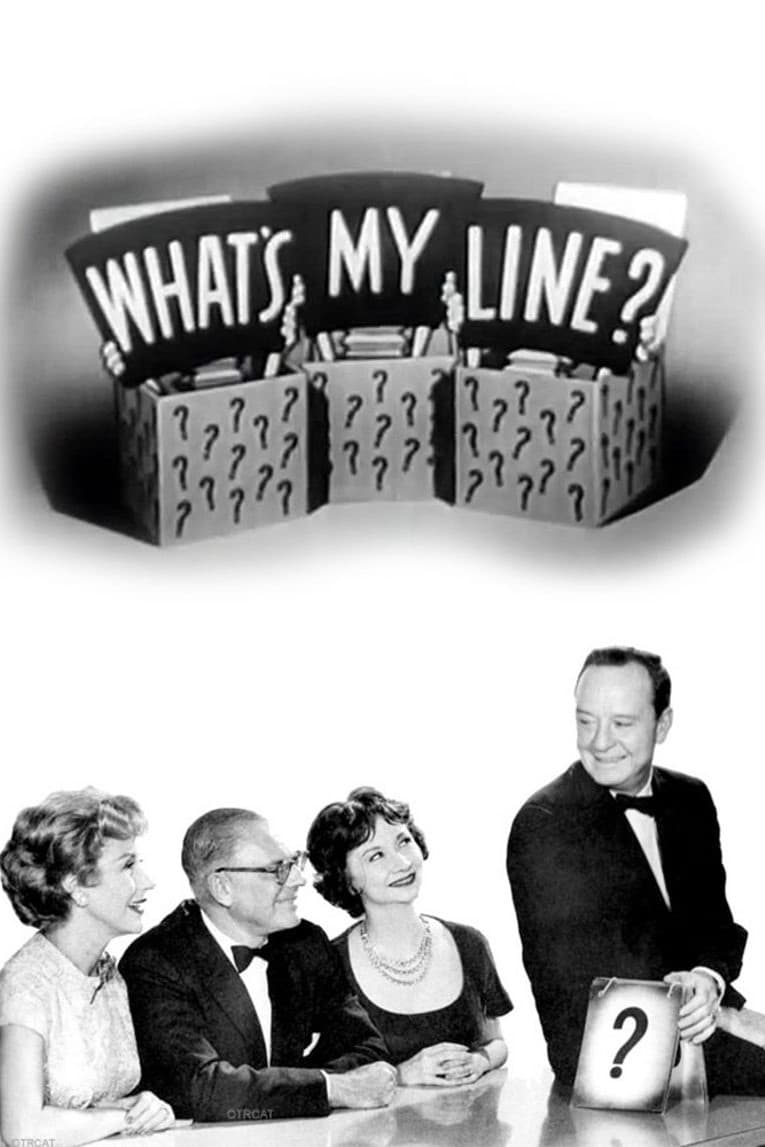
What's My Line?
(Self)